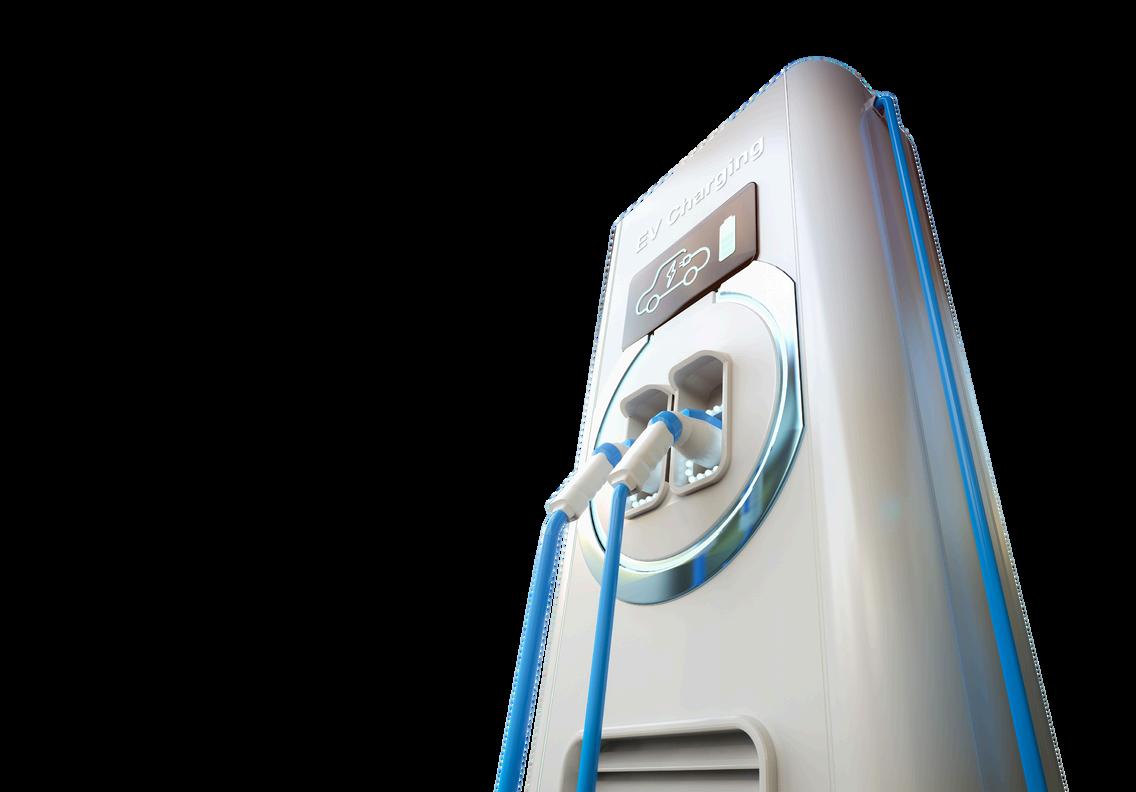

In Conversation with






Nehal Gupta
Managing Director & Founder - AMU Director - EMFAI
Featured Interview with Supportive
President- Amara Raja Advanced Cell Technologies (AR-ACT)
Amara




















In Conversation with






Nehal Gupta
Managing Director & Founder - AMU Director - EMFAI
Featured Interview with Supportive
President- Amara Raja Advanced Cell Technologies (AR-ACT)
Amara

















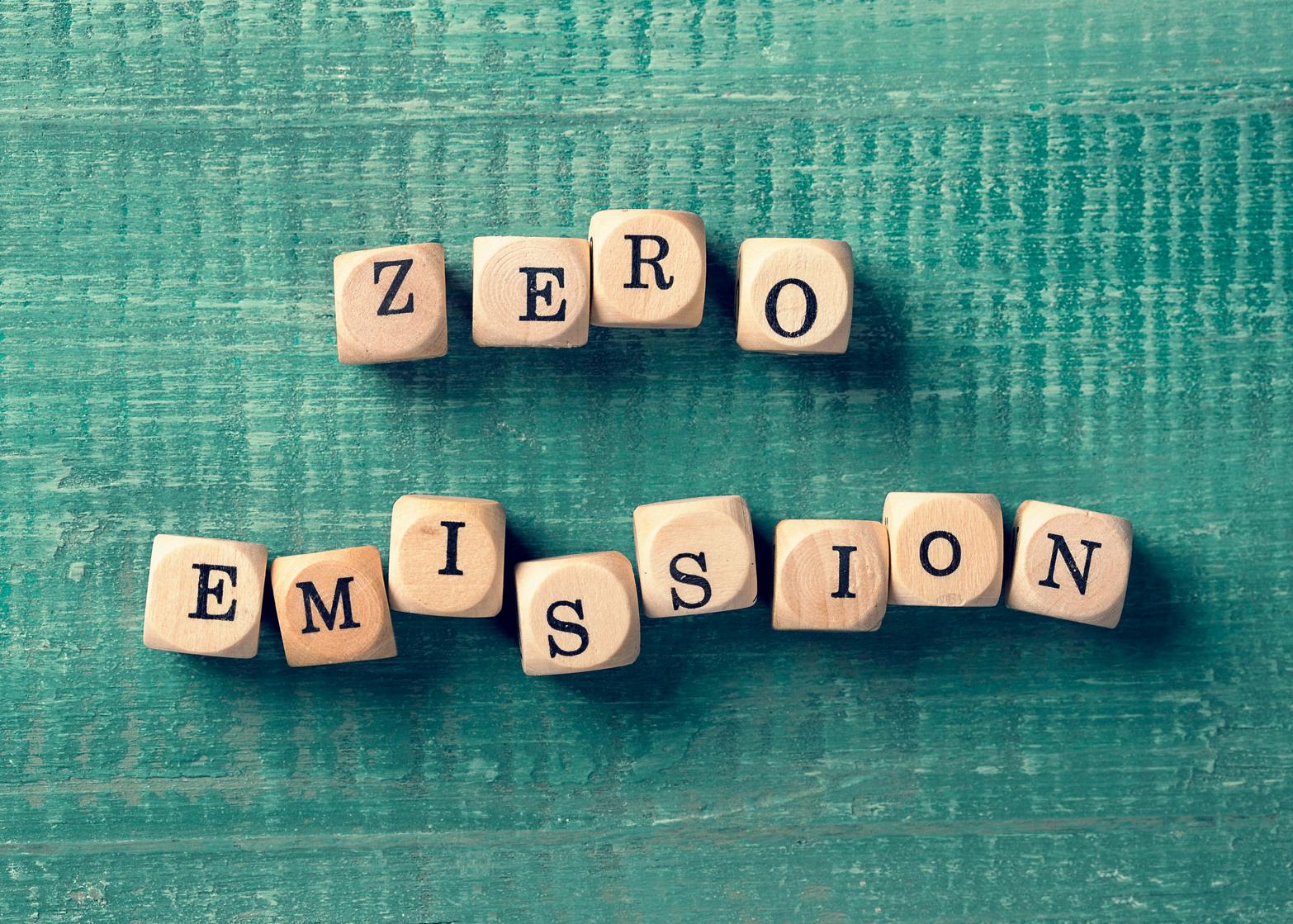
THE ROAD TO ZERO EMISSIONS BEGINS WITH A POWERFUL INNOVATION.
DISCOVER THE FUTURE OF ENERGY AT THE EV BATTERY SHOW, WHERE CUTTING-EDGE BATTERY TECHNOLOGY LEADS THE WAY.
Green Frontier Capital Leads $3 Million Pre-Series A Round for ElectricPe, India’s Leading EV Super-App
Green Frontier Capital, a leading early-stage venture capital fund with operations in both India and the U S , has spearheaded a $3 million preSeries A funding round for ElectricPe, India’s premier EV super-app The funding round also saw participation from existing investors Blume Ventures, Micelio Fund, and NB Ventures The new investment will be strategically utilized to bolster ElectricPe’s growth and innovation efforts, reinforcing its position as a comprehensive solution for electric vehicle (EV) users and facilitating its expansion into new geographic areas



BluSmart Secures $24 Million Funding To Scale Electric Ride-Hailing And Charging Network
BluSmart has secured $24 million in a Pre-Series B funding round to expand its operations and improve its EV charging infrastructure across major Indian cities The investment round drew notable new investors such as responsAbility Investments AG The MS Dhoni Family Office also participated, reflecting the cricket icon’s commitment to sustainable transportation Since its inception, BluSmart has grown exponentially, expanding its fleet from 70 EVs in January 2019 to 7,500 in Delhi NCR and Bangalore The company has recorded over 500 million electric kilometers, completed more than 16 million electric trips, and saved nearly 40 million kilograms of CO2 emissions to date
Neuron Energy Secures ₹20 Crores in Series A Funding to Advance EV Battery Technology
Neuron Energy has successfully concluded its Series A funding round, raising ₹20 crores from prominent investors, including the Chona Family and Capri Global Family Office The newly acquired funds will bolster Neuron Energy’s research and development capabilities and support the establishment of a state-of-the-art R&D laboratory in Pune This facility will focus on key advancements in battery technology, including improving battery life, reducing charging times, and developing efficient cooling systems

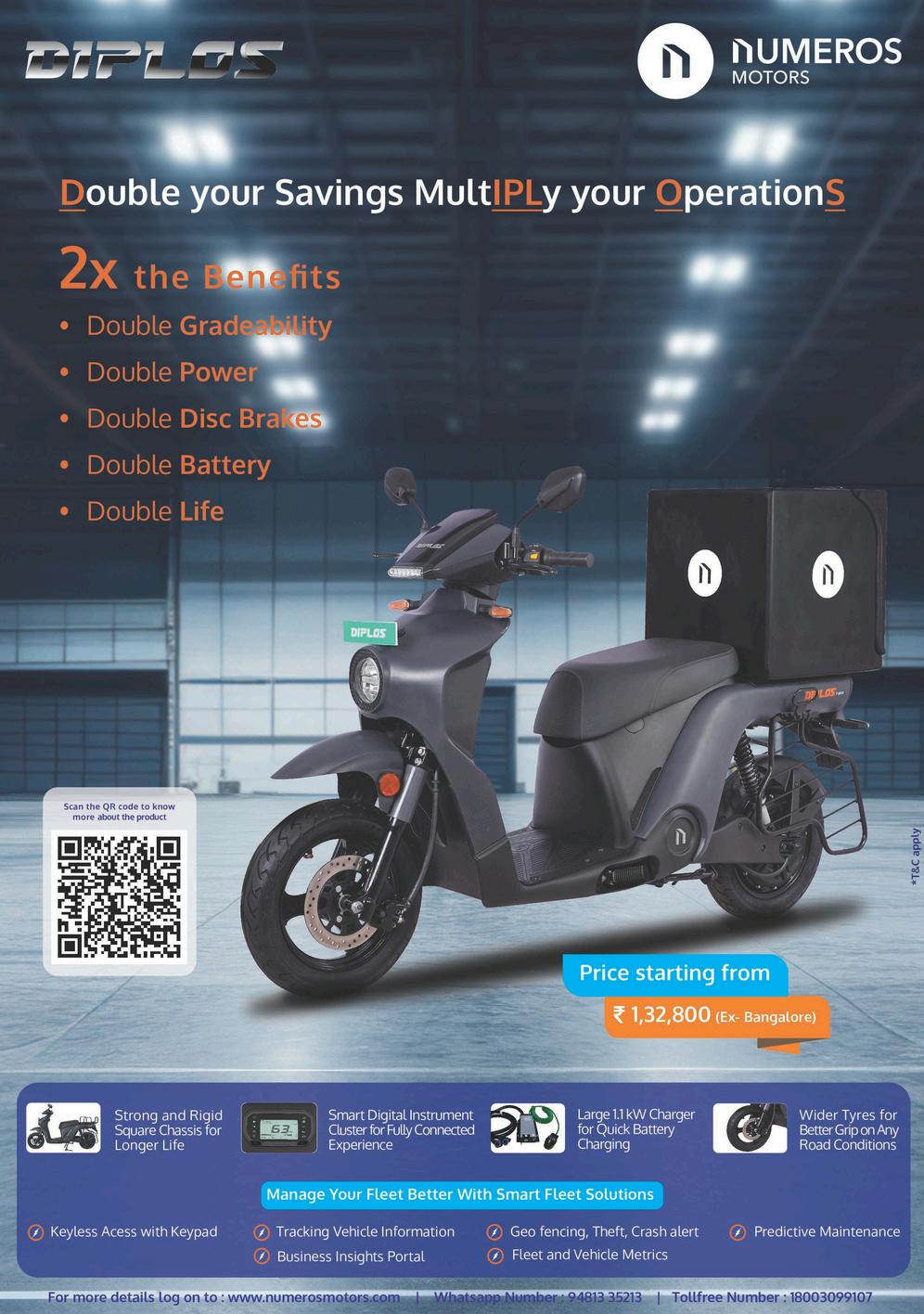

MyPickup Lands ₹15 Million To Expand Electric Auto-Rickshaw Services
Moving Tech Gains $11 Million To Revolutionize Driver Earnings And Mobility Solutions
Indian EV Start-Up Simple Energy Gains $20 Million To Scale Up Production And Innovation
Simple Energy, an Indian clean energy and electric vehicle start-up has raised $20 million in Series A funding The company plans to use these funds to boost the production of its main products, the Simple One and Simple Dot One In addition to scaling up production, Simple Energy will allocate the capital towards expanding its market presence across India and developing new products. Simple Energy aims for a revenue of ₹150 crore for the current fiscal year Founder & CEO of Simple Energy, stated, “With the rapid increase in electric vehicle (EV) adoption in India, we are committed to being a key player in this growing ecosystem The funds raised will be strategically used to enhance our production capacity and expand our dealership network across the country ”
MyPickup, an urban transit services provider and a startup from IPV Ideaschool, has successfully raised ₹1 5 Crore in a Seed Round led by Inflection Point Ventures (IPV) This funding initiative is part of IPV’s strategy to support early-stage startups with high innovation and impact potential Through IPV Ideaschool, startups gain access to funding, mentorship, and essential resources to bring their ideas to fruition The funds will be allocated towards developing advanced scheduling algorithms, enhancing brand visibility, and optimizing operations management.
Perpetuity Capital Raises ₹70 Million For Clean-Tech Mobility Expansion
Perpetuity Capital, a fintech platform dedicated to clean-tech mobility, has successfully raised ₹7 crores through Non-Convertible Debentures (NCDs) The funding round was led by N+1 Capital and RevX Capital, two prominent debt funds that support SMEs and financial institutions The newly acquired funds will be utilized to enhance Perpetuity Capital’s lending capabilities and expand its loan portfolio, with a particular focus on East India This strategic move aims to promote environmentally friendly mobility solutions in these regions, significantly reducing carbon emissions and supporting sustainable development goals
Moving Tech, the company behind India’s top community-driven mobility apps Namma Yatri, Yatri Sathi, Yatri, and Mana Yatri, has secured $11 million (₹92 crore) in a pre-Series A funding round This funding round was spearheaded by Blume Ventures and Antler, with additional investments from Google and other contributors Moving Tech focuses on increasing driver earnings through direct-todriver and multimodal transportation models, while also providing reliable, affordable, and sustainable mobility solutions The newly raised funds will be allocated towards technology, research and development, and product innovations to create an integrated, fully digitized, and open public transportation system
Ather Energy To Establish ₹2,000 Crore Manufacturing Hub In Bidkin, Maharashtra
Ather Energy plans to open its third manufacturing facility in Bidkin, Maharashtra, to produce electric two-wheelers and battery packs. This new plant will complement its two existing facilities in Tamil Nadu, enhancing logistics efficiency and accelerating product delivery Deputy Chief Minister Devendra Fadnavis welcomed Ather's ₹2,000 crore investment, expected to create 4000 jobs Ather's CTO, Swapnil Jain, highlighted the strategic importance of this expansion in meeting growing consumer demand and supporting the company’s nationwide growth
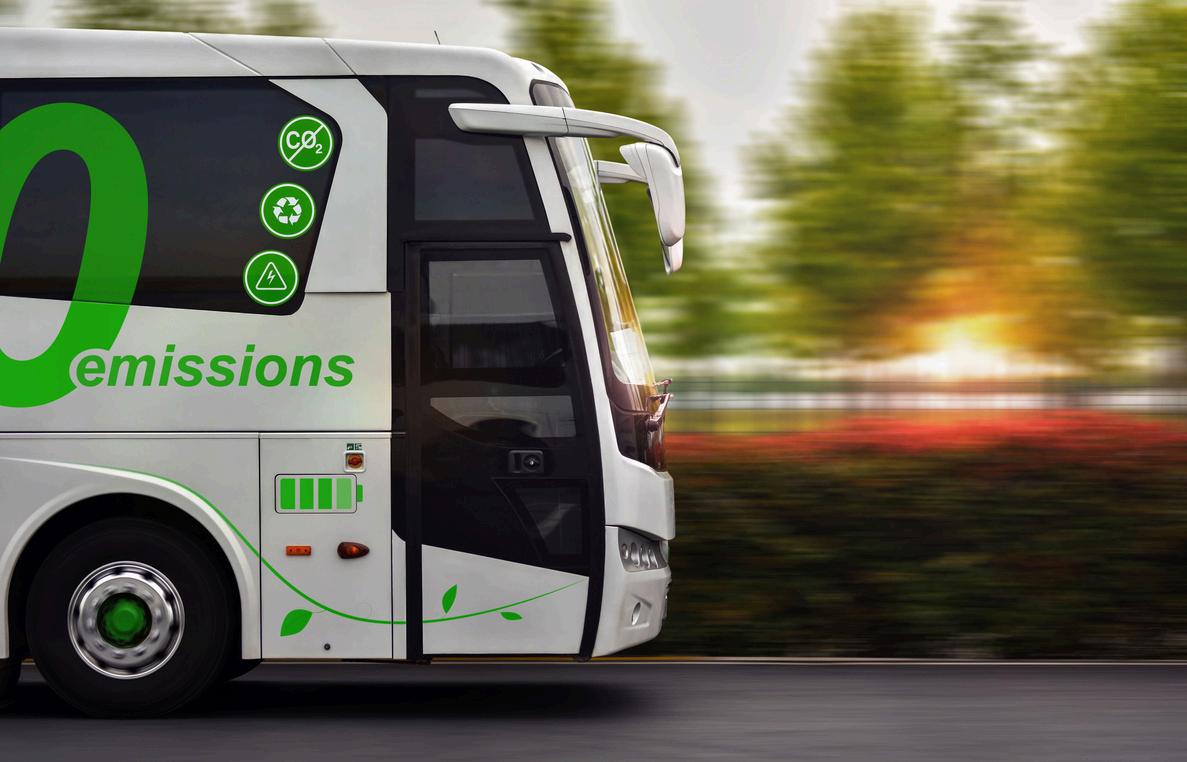

Accelerating The Future: Enhancing EV Infrastructure And Battery Technologies For Sustainable Mobility In Kerala
Kerala is advancing its EV infrastructure and battery technologies, emphasizing a robust charging network, standardization, and improved battery performance. The focus includes enhancing battery lifespan, safety, and range, alongside reducing costs. Publicprivate partnerships, policy support, and incentives are crucial for driving innovation and adoption Environmental benefits, such as reduced emissions and improved air quality, are highlighted, along with sustainable sourcing and recycling of battery materials to ensure long-term sustainability
India’s Ministry of Heavy Industries (MHI) is driving EV adoption with initiatives like the ₹778 crore Electric Mobility Promotion Scheme 2024 and the ₹25,938 crore Production Linked Incentive Scheme for the auto industry The FAME India Scheme, in its second phase, continues to support EV adoption, with significant subsidies and infrastructure development. MHI's efforts, including substantial investments in charging stations, highlight India's commitment to sustainable transportation, as shared by Minister Bhupathi Raju Srinivasa Varma in the Rajya Sabha
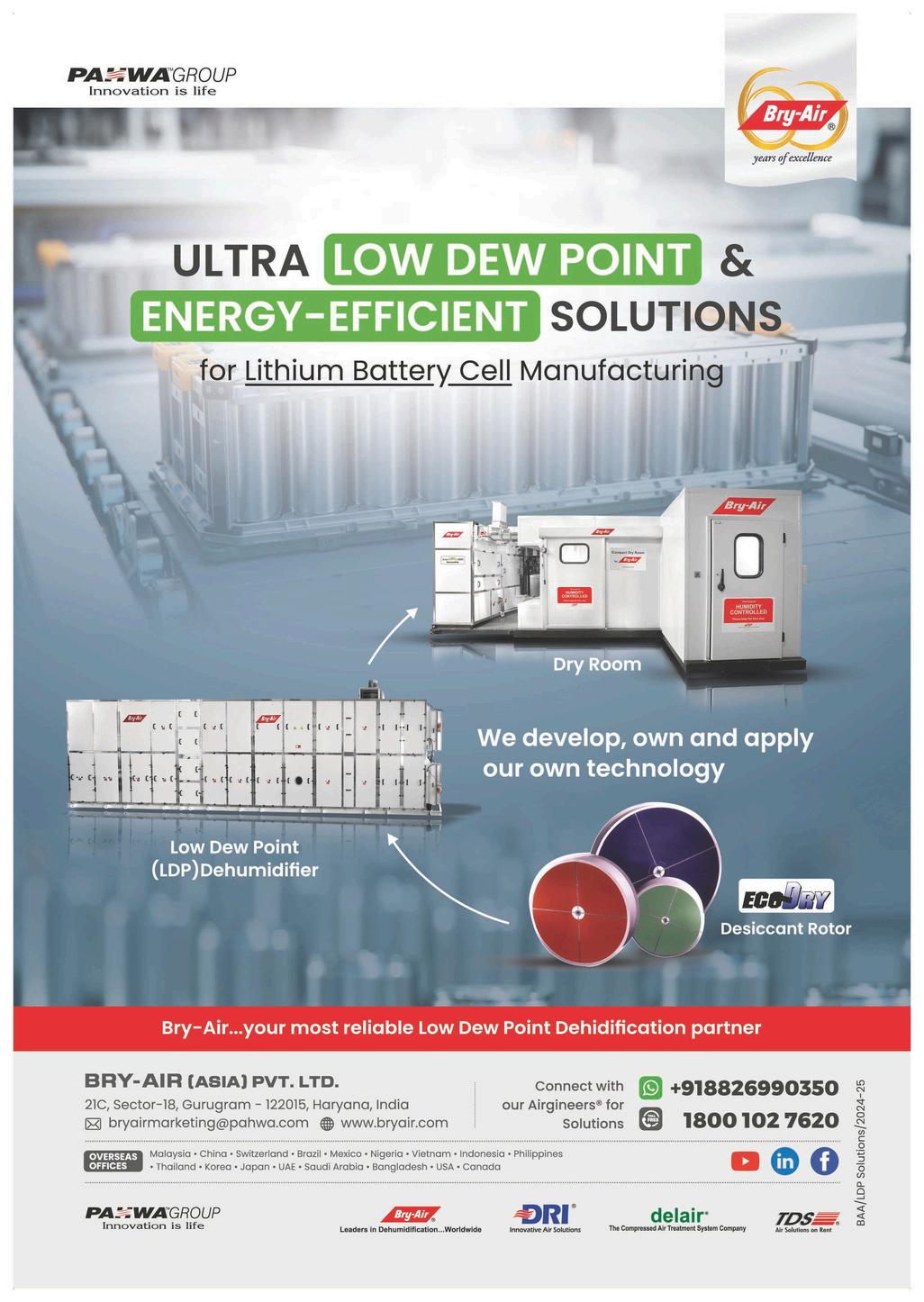


Over ₹6,900 Crore In Subsidies Under FAME-India Scheme Phase-II
In a Rajya Sabha reply, Minister Bhupathiraju Srinivasa Varma announced that the Indian government reimbursed ₹6,942 32 crore in subsidies to EV manufacturers under the FAMEIndia Scheme Phase II over five years The scheme promotes electric and hybrid vehicle adoption by offering upfront purchase incentives, later reimbursed to OEMs Subsidy breakdown: ₹4,375 59 crore for e-2Ws, ₹845 61 crore for e-3Ws, ₹399 12 crore for e-4Ws, and ₹1,322 00 crore for e-buses
Installing EV charging units is becoming easier as the Ministry of Power and the Central Electricity Authority set guidelines and standards Karnataka mandates that large buildings include EV charging points The Karnataka Electricity Regulatory Commission (KERC) has streamlined procedures for installing EV chargers, addressing issues like metering and cabling Consumers in multi-story buildings can opt for individual or associationbased connections, with safety standards ensured by the Chief Electrical Inspector.
The demand incentives under EMPS 2024 are capped at Rs 493 55 crore, and once these funds are exhausted, no further claims will be processed Incentives will be awarded on a first-come, first-served basis, ensuring fair and efficient resource allocation This scheme underscores the Indian government’s commitment to sustainable and green mobility, paving the way for widespread electric vehicle adoption across the country

State Government Launches First Phase Of Electric Buses In Panjim
The State government launched six airconditioned electric buses in Panjim, the first phase of 48 e-buses Chief Minister Pramod Sawant announced plans for electric rickshaws and bikes The ‘Mhaji Bus’ scheme is progressing, with 57 private bus owners joining KTCL. KTCL’s smart buses will feature QR code tickets and public announcement systems The deployment of 60 buses in Panjim was postponed until after the 2024 Lok Sabha elections, with the High Court addressing a public petition on city traffic issues
Ministry Of Power Releases New Guidelines To Boost EV Charging Infrastructure
The Ministry of Power has issued revised guidelines to strengthen EV charging infrastructure in India, replacing previous versions since January 2018 These guidelines apply to various locations, including private and public spaces, and aim to promote faster EV adoption through safe, reliable, and standardized charging infrastructure Key features include defining charging station types, roles for Central and State Nodal Agencies, and integrating renewable energy sources The guidelines focus on creating a coordinated approach to support India's transition to electric mobility.
India is intensifying its efforts to promote electric vehicles (EVs) and reduce fossil fuel consumption The Electric Vehicle Mission, approved in 2018, aims to tailor EV components for Indian needs, supporting swift adoption nationwide With a target of 30% EV penetration by 2030, the government has launched initiatives like FAME-II and the Green Hydrogen Mission The "E-Mobility R&D Roadmap" set to be launched on July 16, 2024, outlines essential research areas to reduce dependence on imports and achieve energy independence by 2047.
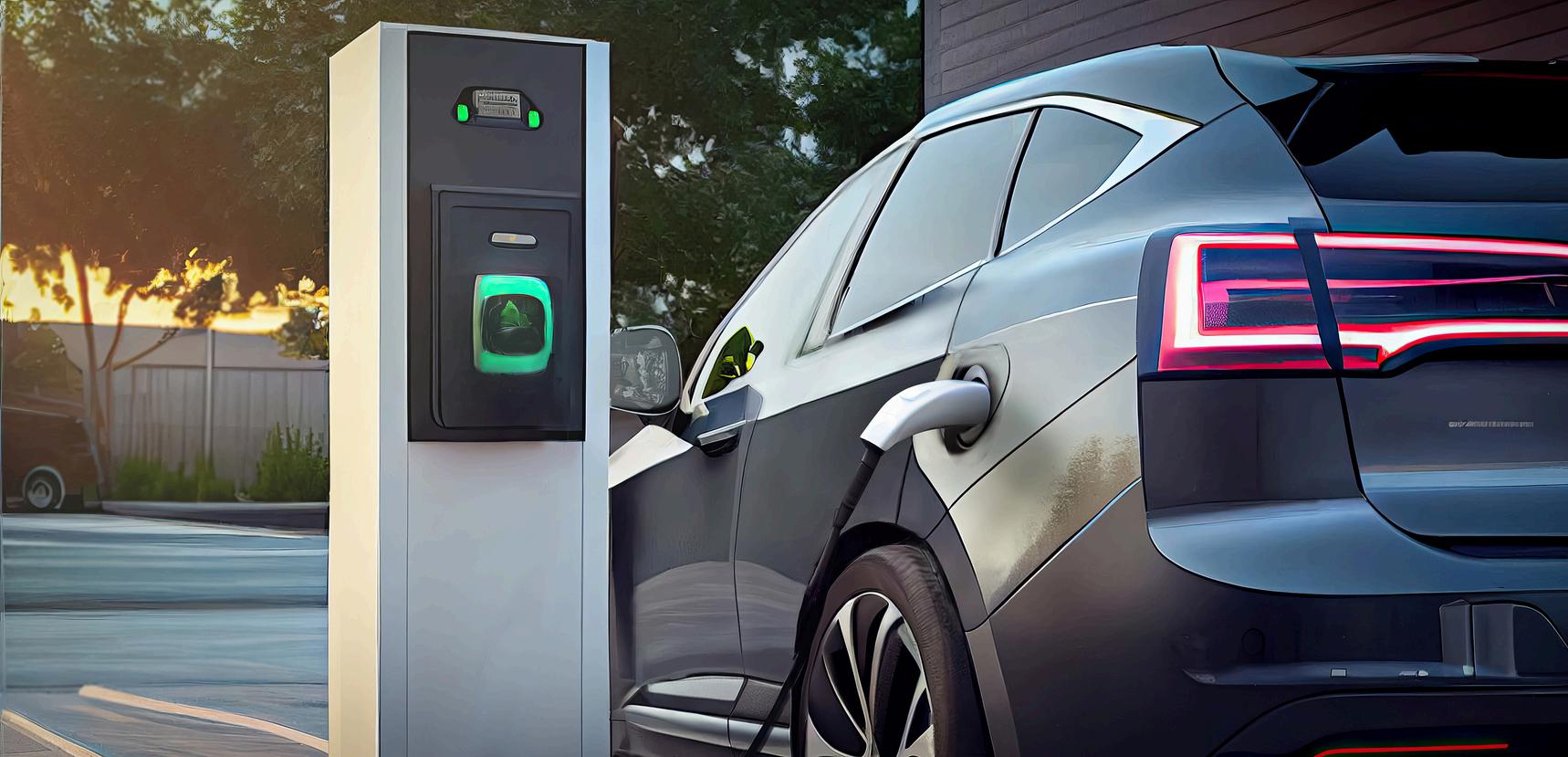
Thane Municipal Corporation Issues Tender For Electric Bus Fleet To Boost Sustainable Public Transportation
The Thane Municipal Corporation (TMC) has issued a tender for 180 fully electric AC buses, aiming to enhance public transportation and promote sustainable mobility in Thane The fleet includes standard and double-decker buses, with a project value of ₹62 96 crore (USD 7 8 million). The contract, awarded on a Gross Cost Contract Basis, covers procurement, operation, and maintenance. Bids are due by August 26, 2024 This initiative supports India's push towards electric vehicles and cleaner urban transportation
Revfin And Bajaj Auto Partner To Boost Electric Three-Wheeler Adoption
Revfin has announced a strategic partnership with Bajaj Auto, a prominent manufacturer of three-wheelers in India This collaboration is set to significantly advance the electric threewheeler (e3W) sector and promote a greener future for first and last-mile transportation The partnership aims to drive innovation and expand Bajaj Auto’s market presence within the e3W segment
Strategic Alliance: Ather Energy And Amara Raja To Develop Advanced Lithium-Ion Cells
Electric two-wheeler manufacturer Ather Energy announced its new partnership with Amara Raja Advanced Cell Technologies for the development and supply of battery cells The agreement, formalized through a Memorandum of Understanding (MoU), involves Amara Raja Advanced Cell Technologies (ARACT), a subsidiary of Amara Raja Energy & Mobility (ARE&M), collaborating with Ather Energy. As part of the MoU, Amara Raja will work with Ather to create and supply advanced lithium-ion cells, including Nickel Manganese Cobalt (NMC) and Lithium Iron Phosphate (LFP) types, among other advanced chemistries
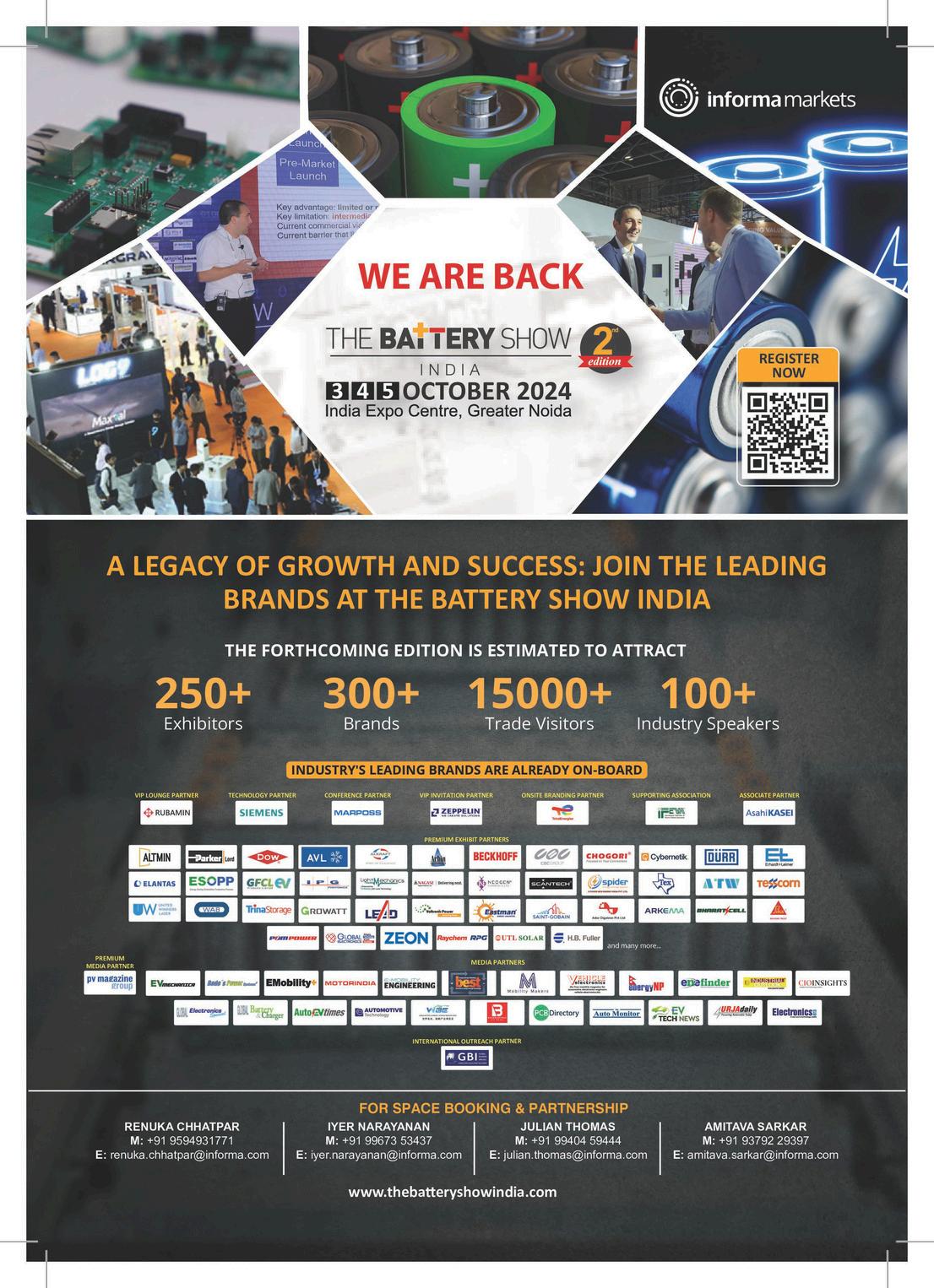

Servotech’s Incharz And Prate Group Announce EV Charging Station Rollout In Delhi-NCR
Incharz has partnered with real developer Prateek Group to esta charging stations at its sites in the D region Under the agreement, Pratee will provide locations for public electri (EV) charging stations, while Inch handle the design, supply, ins commissioning, operation, and mainte these stations in the National Capita (NCR)
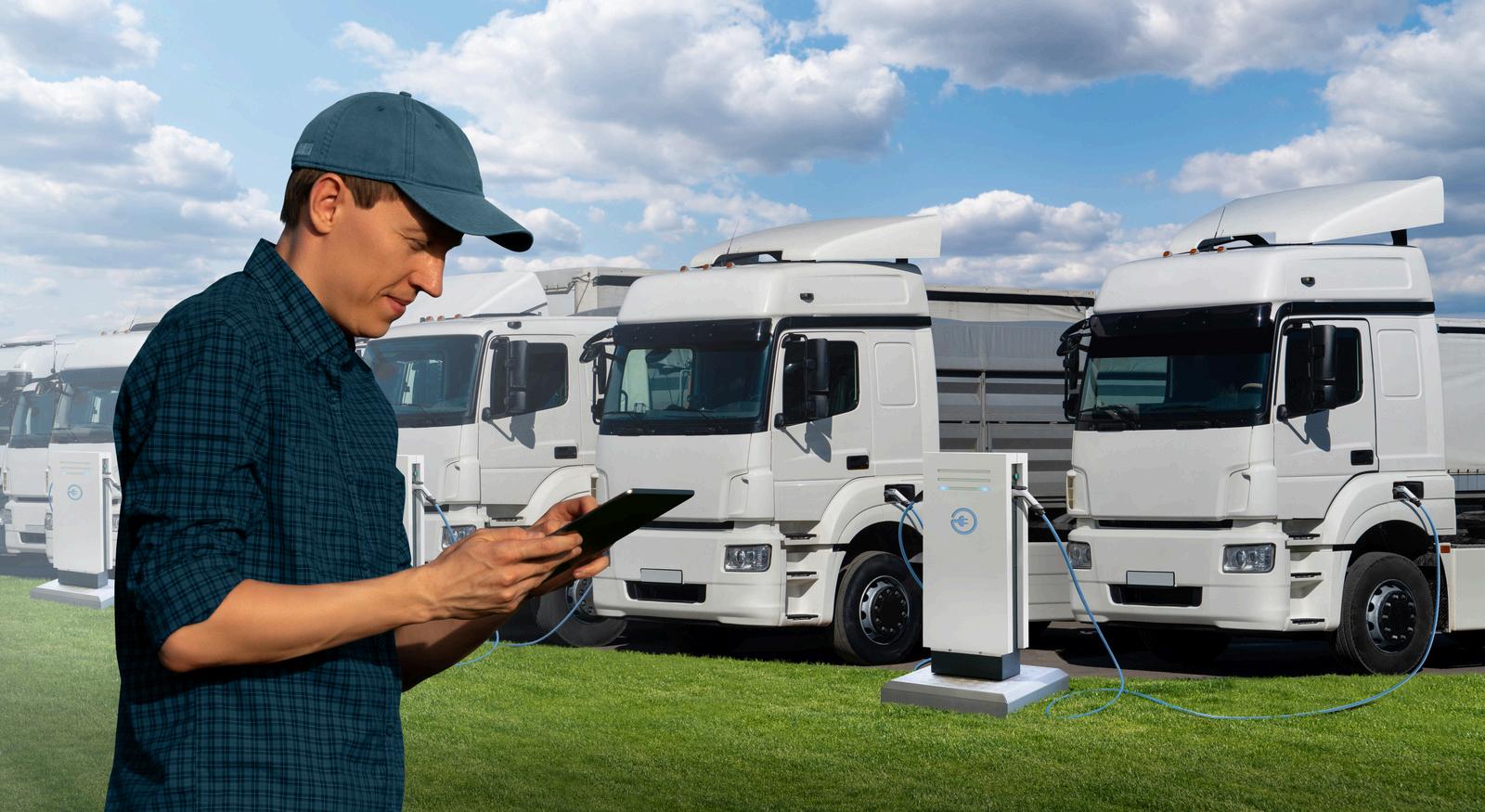
Hyundai Motor India Partners With CHARGE ZONE To Expand EV Charging Network Across Dealerships
Hyundai Motor India Limited (HMIL) has signed a MoU with CHARGE ZONE to enhance HMIL’s electric vehicle (EV) roadmap in alignment with the Government of India’s EV adoption strategies Under this MoU, CHARGE ZONE will install 60 kW DC fast chargers at 100 HMIL dealerships across India This strategic partnership aims to expand the public EV charging infrastructure in India, providing convenience for all EV users during intercity and intracity travel, given the strategic locations of HMIL dealerships across cities and highways.
Bounce Infinity And Zapp EV Partner To Drive Electric Vehicle Production In Key Indian Cities
Electric scooter maker Bounce Infinity announced its partnership with Zapp Electric Vehicles Group for the contract manufacturing of Zapp’s electric vehicles (EVs). Bounce Infinity will produce Zapp’s EVs according to Zapp’s specifications, as stated by the company Manufacturing of Zapp’s electric two-wheelers will take place at Bounce Infinity’s Bhiwadi plant Bounce Infinity will also assist Zapp EV in securing the necessary approvals for homologating its products for sale in India
Shell India To Install Fast Chargers Nationwide In Partnership With JSW MG Motor India
JSW MG Motor India has forged a strategic alliance with Shell India Markets Private Limited (SIMPL) to enhance the public charging infrastructure for electric vehicles (EVs) across India According to the MoU, Shell India will set up CCS 50kW and 60kW DC fast chargers at numerous locations across the country This initiative will enhance the EV charging network and support long-distance travel for EV users. These chargers will be easily accessible to MG customers via the MyMG App and Shell’s network discovery tool, ensuring user-friendly and convenient charging experiences
Mahindra Last Mile Mobility Ltd. Partners With Ecofy To Boost Electric Three-Wheeler Adoption In India
Mahindra Last Mile Mobility Limited (MLMML), a subsidiary of Mahindra & Mahindra Ltd. (M&M), has announced a strategic partnership with Ecofy, India’s green-only NBFC supported by Eversource Capital, aimed at accelerating the adoption of electric three-wheelers in India MLMML, recognized as India’s leading electric three-wheeler manufacturer with the broadest range of offerings, aims to leverage Ecofy’s innovative financing solutions to drive the uptake of EV 3Ws
Forces To Propel Zeroobility: EVs And Solar stems Collaboration
reaking partnership aimed at missions mobility in India, Tata ctric Mobility Ltd. (TPEML), the ssenger electric vehicles, has h Tata Power Renewable Energy a prominent player in the nergy sector This strategic ims to offer a combined solution hicles (EVs) and Solar Rooftop ificantly enhancing the push towards a net zero emissions future Through this initiative, TPEML will enable its customers to install solar rooftop systems provided by TPREL Both companies will also actively promote EVs, EV Charging, and Solar Rooftop Systems, aiming to raise awareness about the myriad benefits of these integrated solutions.
The "eMobility R&D Roadmap" outlines strategic initiatives to advance electric vehicles (EVs) in India, focusing on battery technology, electric motors, power electronics, thermal management, and charging infrastructure Key goals include enhancing battery energy density by 40%, developing cost-efficient manufacturing, and advancing power semiconductors The roadmap also emphasizes effective thermal management, innovative battery recycling processes, and improved charging infrastructure. With a budget of ₹1,151.65 crores, the roadmap aims to position India as a global leader in electric mobility through comprehensive research and development efforts
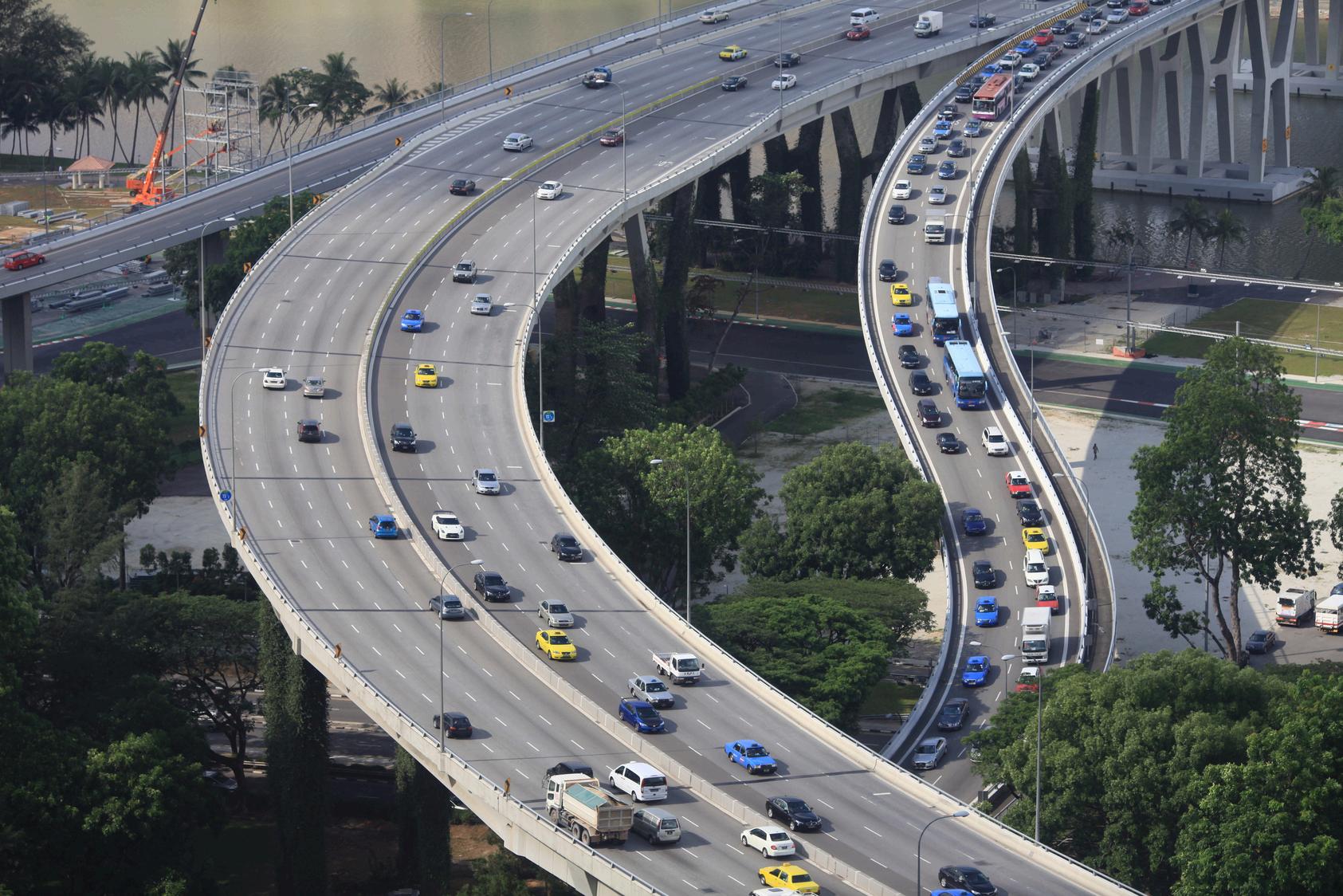

India’s Two-Wheeler Industry Eyes 7-9% Growth In FY25 Amidst EV Boom – Report
The Indian two-wheeler industry is set to grow 7-9% in FY25, slightly below the 9 8% growth in FY24, according to CareEdge Ratings Growth will be driven by rising EV sales under the Electric Mobility Promotion Scheme 2024, potential interest rate cuts, high demand for new models, a recovery in exports, and favorable monsoon conditions improving rural sentiment After challenges in H1 FY24, the market rebounded strongly in the latter half, with double-digit growth continuing into early FY25. In Q1 of the 2024-25 fiscal year, the Indian automobile industry saw notable growth The Society of Indian Automobile Manufacturers (SIAM) reported a total production of 2,336,255 vehicles in June 2024. Domestic sales for the month were: Passenger Vehicles 337,757 units, Three-wheelers 59,544 units, Two-wheelers 1,614,154 units Notably, excluding Tata Motors, total passenger vehicle sales reached 294,233 units Data for BMW, Mercedes, JLR, and Volvo were not included
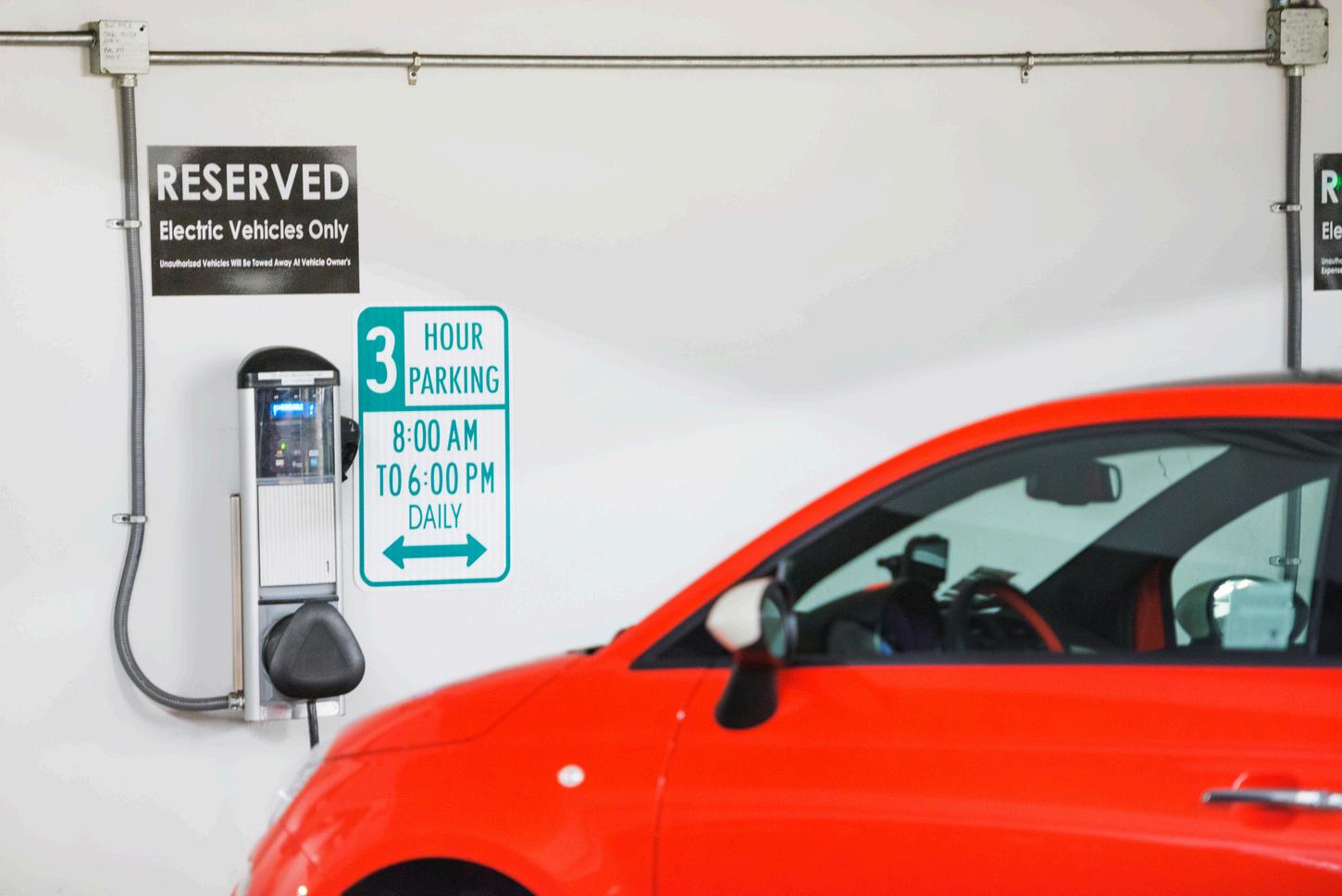
uto Retail Sector Sees .73% YoY Growth In June eport
ration of Automobile Dealers s (FADA) reported a 0 73% YoY ndia’s auto retail sector for June allenges include extreme heat, onsoons, high inventory levels, and train on dealers FADA's new ll provide detailed urban and rural The early monsoon and increased upport Prices (MSPs) are expected ral income and auto sales Despite cautious optimism, concerns over low inquiries and heavy rains persist
Record Production Across All Vehicle Segments In June 2024, Reaching 23 36 Million Units – Report
CESL, EY, And ADB Launch Study On Electrifying Transport And EV Charging Infrastructure In Varanasi
Convergence Energy Services Limited (CESL), with EY and supported by the Asian Development Bank (ADB), has launched the “Electrifying Transport in Varanasi & EVCI Network Planning 2025-35” study The initiative aims to promote large-scale EV adoption in Varanasi by 2035 The report forecasts significant growth in electric twowheelers, e-rickshaws, e-three-wheelers, and efour wheelers, and emphasizes the need for a robust charging infrastructure to support this transition.
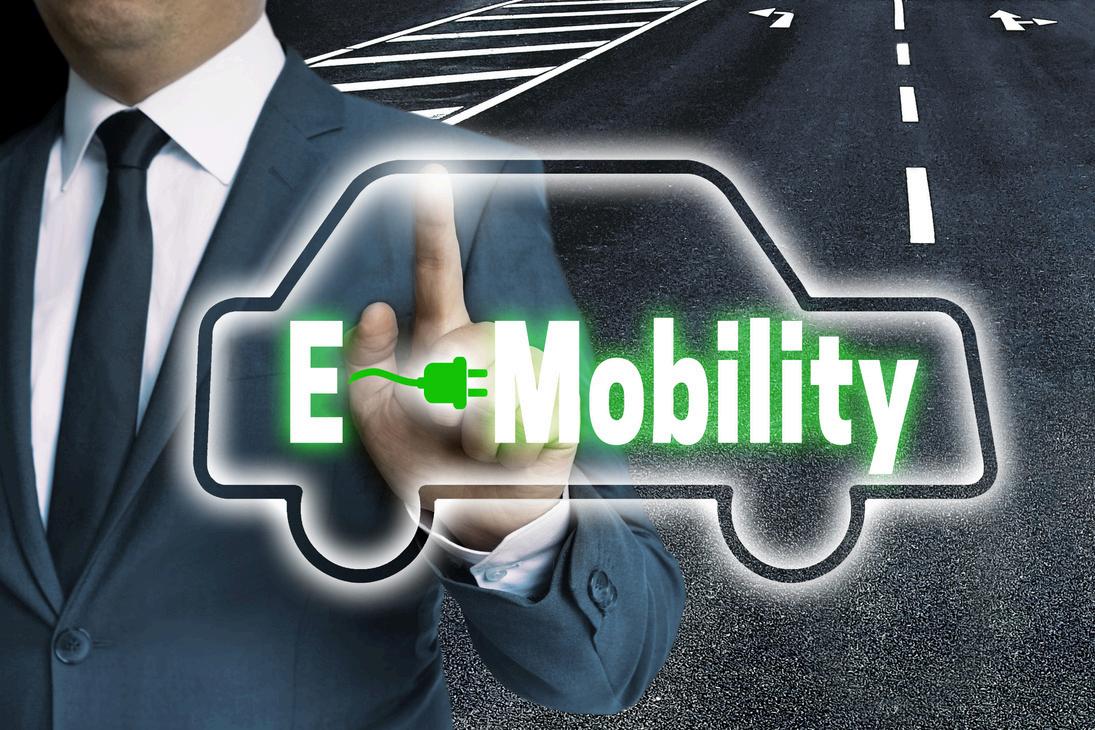

Hybrid Electric Vehicle Conversion Kit Market To Soar To $1 2 Billion By 2030
The global market for Hybrid Electric Vehicle (EV) Conversion Kits, valued at $478 7 million in 2023, is expected to reach $1 2 billion by 2030, growing at a 14 4% CAGR Key drivers include advances in battery technology, stringent emissions regulations, and increased consumer demand for sustainable transport The U S market is $130 4 million, while China is forecasted to grow at 19.2% CAGR. The market is set for robust growth with expanding regional and segment-specific opportunities.
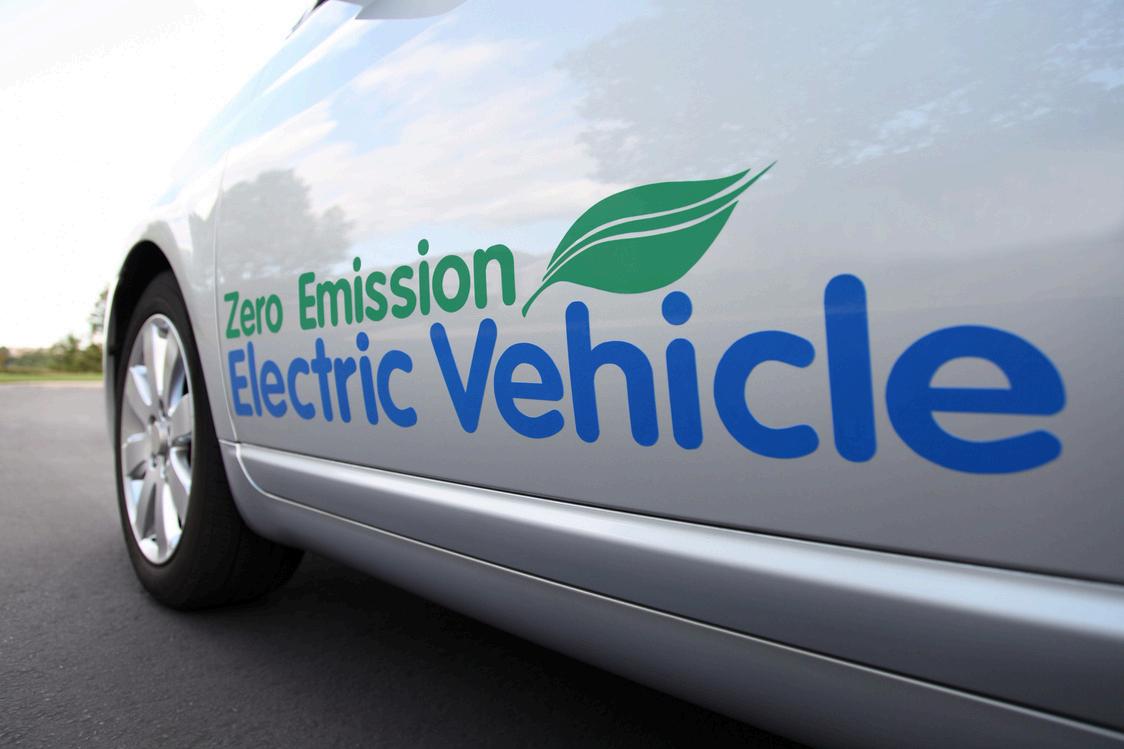
Rapid Growth in EV Battery
Swapping Market: Projections Soar To $29.2 Billion By 2034
The global electric vehicle (EV) battery swapping market, valued at $5 3 billion in 2023, is projected to reach $29 2 billion by 2034, growing at a 16% CAGR Key drivers include the rise in EV adoption, government incentives, and advancements in battery technology Battery swapping addresses long charging times by allowing quick battery exchanges, enhancing EV convenience The growth is further supported by the expansion of vehicle sharing and rental services Asia Pacific is the largest market, bolstered by supportive policies and infrastructure investments
India’s Electric Bus Supply To Surge By 75-80% This Fiscal Year – Analysis
The supply of electric buses (e-buses) in India is expected to see a significant increase of 7580% year-on-year, reaching 6,000-6,500 units this fiscal year as per Crisil Ratings. This surge is driven by the growing deployment of ebuses through tenders awarded under various government schemes, aimed at procurement by state transport undertakings (STUs) via the Gross Cost Contract (GCC) model Key schemes contributing to this increase include the Faster Adoption and Manufacturing of (Hybrid and) Electric Vehicles (FAME) Phases 1 and 2, the National Electric Bus Programme (NEBP) under Convergence Energy Service Ltd (CESL) Phases 1 and 2, and the PM-eBus Sewa Scheme. These initiatives have propelled e-bus orders to 24,000 at the beginning of this fiscal year.
India Unveils Comprehensive EMobility R&D Roadmap For SelfReliance And Global Leadership
In a landmark event today, Professor Ajay Kumar Sood, Principal Scientific Adviser to the Government of India, unveiled the “E-Mobility R&D Roadmap for India” at Vigyan Bhawan Annexe The meticulously crafted roadmap identifies the technological advancements necessary for India to become self-reliant (Atmanirbhar) in the e-mobility sector over the next five years The report categorizes research projects into four critical areas: Energy Storage Cells, EV Aggregates, Materials and Recycling, and Charging and Refueling The hybrid-mode event witnessed the attendance of government officials, members of the Consultative Group on e-Mobility (CGeM), industry representatives, think tanks, and media personnel
The automotive industry is evolving rapidly, with electric vehicles (EVs) leading the charge due to their zero-emission benefits Innovations like the electric drive module (eDM), which integrates motor, power electronics, and transmission into one compact unit, are driving this shift The eDM market, projected to reach $10.7 billion by 2025, is fueled by rising BEV adoption and advancements in powertrain technology. The Americas, Europe, and AsiaPacific are key regions, with Asia-Pacific expected to see the highest growth
India’s Electric Two-Wheeler Surge: Ola Electric Leads With 30.2% Market Share In July 2024
In July 2024, India's electric two-wheeler sales surged, with Ola Electric leading the market at 30 2% share, selling 18,558 units TVS Motor and Bajaj Auto followed with 18.84% and 12.64% shares, selling 11,579 and 7,770 units, respectively. A total of 61,449 electric twowheelers were sold, reflecting a shift toward sustainable transportation driven by environmental concerns and rising fuel costs The industry's growth, supported by companies like Ather Energy and Hero Motorcorp, positions India as a leader in electric mobility

India’s Electric Vehicle Market: Unprecedented 66 52% CAGR Growth And Future Prospects –Report
India's electric vehicle (EV) market is rapidly growing, projected to expand from USD 3 21 billion in 2022 to USD 113 99 billion by 2029, with a CAGR of 66.52%. In 2023, EV sales surged by 49.25% to 1.52 million units, supported by government incentives like the FAME scheme and a growing EV battery market, expected to reach USD 27 70 billion by 2028 Major investments, including Hyundai’s USD 2 45 billion plan and new charging stations, alongside rising EV registrations and expanding infrastructure, are driving India toward significant EV adoption by 2030

CESL And NITI Aayog Drive Forward With Over 11,000 Electric Buses Deployed Across India
NITI Aayog assigned Convergence Energy Services Limited (CESL) to manage demand aggregation for 50,000 electric buses as part of India’s push for sustainable transportation. As of July 2024, Union Minister Nitin Gadkari reported state-wise deployments of electric buses, with Delhi and Maharashtra leading The data includes various vehicle types digitized in the Vahan 4 system, excluding Telangana and Lakshadweep No funds were allocated to Tamil Nadu State Transport Corporation in the last five years
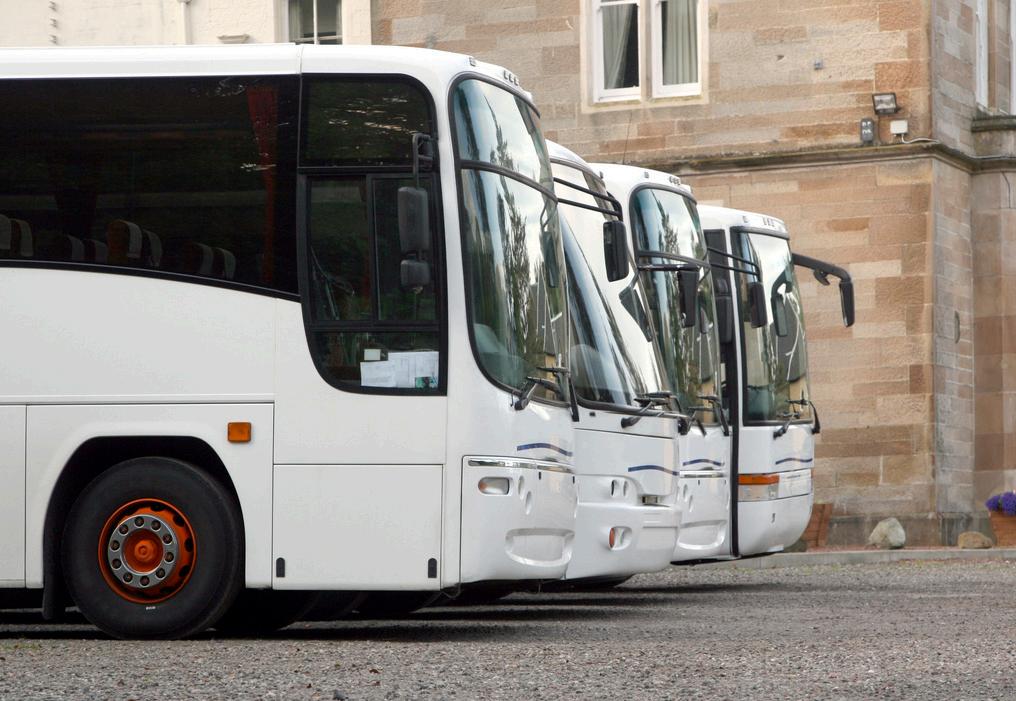
CESL And Kerala Energy Management Centre Collaborate To Deploy 800 Electric Cycles
Convergence Energy Services Limited (CESL) has signed an agreement with the Energy Management Centre Kerala to deploy 800 cargo electric cycles in the Palakkad and Kannur districts The partnership was formalized in the presence of Kerala’s Minister of Electricity These eco-friendly, low-speed electric twowheelers can travel up to 40 km on a full charge and feature a carrier for transporting 10-15 kilograms This initiative aims to promote sustainable transportation in the region
Delhi Enhances Public Transport With Launch Of 320 Electric Buses
Delhi Lt Governor inaugurated 320 new electric buses increasing the city’s electric bus fleet to 1,970 The Lt Governor emphasized that this addition will support Delhi’s efforts to combat pollution. Delhi residents will benefit from a new fleet of 320 electric buses. Future plans include adding even more buses. To effectively reduce pollution in Delhi, it’s crucial to enhance public transport, and this step is aligned with that goal
HRTC Announces Acquisition Of 297 Electric Buses And Replacement Of Old Volvo Models
Deputy Chief Minister announced that the Himachal Road Transport Corporation (HRTC) will acquire nearly 300 electric vehicles and replace 24 old Volvo buses with new ones
During a Board of Directors (BoD) meeting, the deputy CM discussed strategies to boost the corporation’s revenue The appointment process for 357 bus conductors has been completed, and they will start their duties soon The meeting also resulted in a decision to raise the daily honorarium for wage workers from ₹375 to Rs 400, deputy CM mentioned
Indian Army Procures 113 Electric Buses To Boost Green Initiatives
The Indian Army's acquisition of 113 electric buses for troop transport marks a significant step in India's green initiatives These 40-seater buses, with a 250 km range, align with the zerocarbon emissions mandate, promoting ecofriendly transportation This move highlights India's leadership in sustainability, encouraging innovation in defense and setting a benchmark for other sectors
Servotech Power Systems Secures Additional ₹20 Crore Order for DC Fast EV Chargers from BPCL
Servotech Power Systems Ltd , a prominent manufacturer of EV chargers and solar solutions, has received an additional order for approximately 400 units of DC Fast EV Chargers from Bharat Petroleum Corporation Limited (BPCL) and other EV charger OEMs Valued at around ₹20 crores, this project involves the manufacturing, supply, installation, and deployment of these chargers nationwide, particularly at BPCL petrol pumps as part of the BPCL E-drive Project.
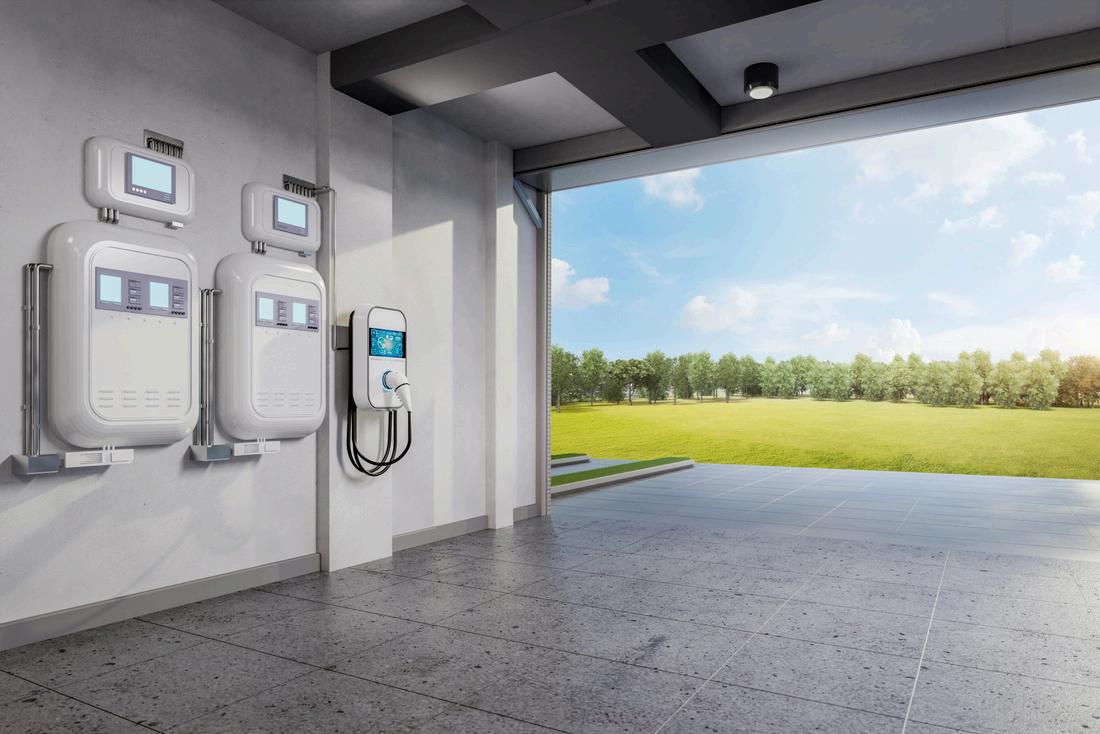
Can you briefly introduce AMU Leasing Pvt Ltd and its unique role in EV financing in India?
AMU is a tech-driven non-banking financial services company based in Gurugram, specializing in electric vehicle (EV) financing across India It provides comprehensive financial solutions, including leasing, loans, and battery top-ups for a wide range of EVs, such as passenger and commercial vehicles, and drones AMU partners with MSMEs and individuals to facilitate carbon emission-free logistics By collaborating with OEMs like Mahindra, Tata, and Bajaj, it aims to accelerate EV adoption, making sustainable mobility accessible to all through innovative, low-barrier financing
How has your leadership contributed to the growth of AMU, now managing an Asset Under Management of $18 million?
Under my leadership, AMU has grown to manage an Asset Under Management (AUM) of $18 million by focusing on innovative EV financing solutions and strategic partnerships I steered the company towards building a robust ecosystem, collaborating with leading OEMs like Mahindra and Tata, and expanding into underserved markets through initiatives like the SEWA program for women By fostering a customer-centric approach with accessible loans and quick disbursements, AMU has significantly contributed to India's electric mobility revolution, supporting sustainable growth.

Managing Director & Founder - AMU Director - EMFAI

AMU Leasing Pvt Ltd specializes in EV financing across India, partnering with MSMEs and OEMs to promote sustainable mobility through innovative solutions
Under strong leadership, AMU has achieved an Asset Under Management of $18 million, expanding its reach with customer-centric approaches and strategic collaborations
AMU aims to finance over one million EVs by 2030, significantly advancing India's green energy transition and supporting sustainable transportation initiatives
Could you share more about AMU's goal of financing over one million electric vehicles by 2030 and its impact on India's green energy initiatives?
AMU aims to finance over one million electric vehicles by 2030, playing a crucial role in advancing India’s green energy transition By providing accessible, lowbarrier financial solutions for EVs, AMU supports widespread adoption of sustainable transportation across diverse sectors, including logistics and passenger services This ambitious goal aligns with India’s national priorities of reducing carbon emissions and fostering green energy, contributing to a cleaner environment AMU’s focus on empowering MSMEs, women, and individual drivers amplifies its impact, driving both economic growth and environmental sustainability
How do you see the future of EV financing in India, and what role does AMU play in shaping this future?
The future of EV financing in India is poised for rapid growth, driven by increasing demand for sustainable transport and supportive government policies AMU plays a key role in shaping this future by offering innovative, inclusive financial solutions that make EV ownership accessible to underserved communities, MSMEs, and women entrepreneurs As EV adoption rises, AMU's focus on quick disbursements, low documentation, and partnerships with top OEMs positions it to lead the sector By financing diverse EV segments, AMU is pivotal in accelerating India's transition to green mobility
As a leader in both AMU and EMFAI, what policies or practices do you believe are crucial for driving sustainable and inclusive growth in the EV industry?
To drive sustainable and inclusive growth in the EV industry, crucial policies include offering financial incentives for EV adoption, supporting infrastructure development, and providing targeted subsidies for underserved communities. Practices should focus on simplifying financing processes, promoting diversity and inclusion within the sector, and fostering collaborations between OEMs and financial institutions As a leader, I advocate for accessible financing options, such as lowinterest loans and flexible terms, and actively support initiatives that empower women and small businesses, ensuring equitable participation in the green mobility revolution
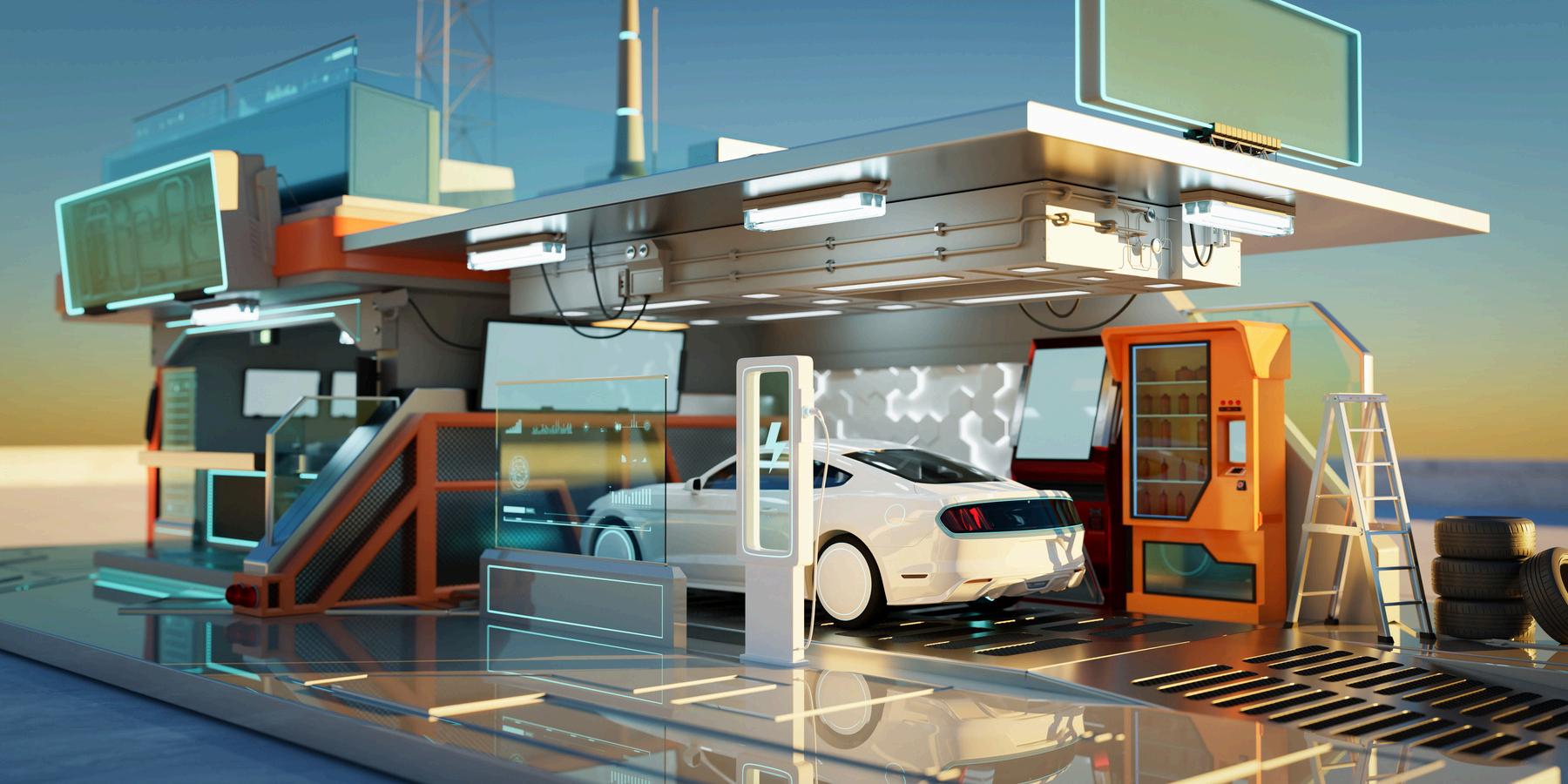
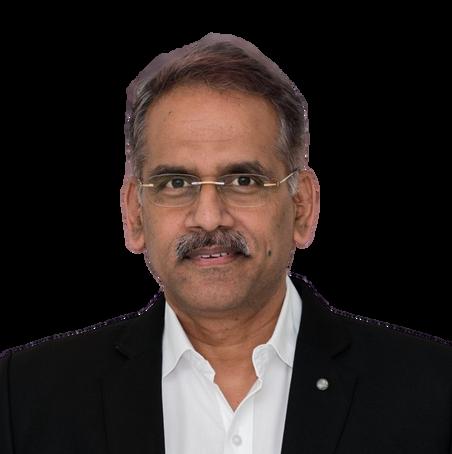
How do you see the future of energy storage and mobility evolving in India, and what is Amara Raja's role in shaping it?
Technological advancements in battery technology, supportive government policies, changing global trends towards sustainable and energy-efficient solutions, and the growing adoption of electric vehicles are set to change the way the energy storage and mobility industry evolves in India and globally With significant investments in domestic manufacturing and infrastructure, India is poised to become a global leader in sustainable mobility The integration of renewable energy with advanced energy storage systems will also play a crucial role in stabilizing the grid and supporting rural electrification Driven by tremendous resilience, innovation and robust demand, the Indian automobile industry recorded one of its best-ever performances last financial year.
At Amara Raja, we are at the forefront of revolutionizing the energy landscape. Under the new energy business vertical, we are focused on harnessing advanced cell chemistry’s potential to develop cutting-edge energy storage solutions With a detailed blueprint in hand, we are committed to establishing a robust presence in this dynamic space Building upon our proven track record in battery technology and commitment to innovation, we are actively developing solutions for the electric vehicle (EV) market, renewable energy storage, and broader energy storage applications Our investment in lithium-ion cell manufacturing,

President
Amara Raja Advanced Cell Technologies (AR-ACT)
Amara Raja is heavily investing in lithium-ion technology to drive India's energy transition
They are building a Gigafactory and advanced R&D labs to enhance EV solutionss
Sustainability is a core focus, with goals for net-zero emissions and innovative resource management
coupled with advanced engineering capabilities and a user-centric approach, positions us to deliver diverse and customized battery solutions for these growing segments By optimizing manufacturing costs, developing a sustainable supply chain and implementing advanced systems, we are making our products more accessible for customers and driving the rapid transition
Can you share the latest innovations at Amara Raja, especially in Lithiumion battery technologies and their impact on energy storage?
Amara Raja continues to be at the forefront of India’s energy and mobility revolution, offering lithium-ion cell and battery pack solutions and chargers for electric vehicles and beyond. Recognizing the market shift towards electric vehicles (EVs), we have prudently invested in the research and development (R&D) and manufacturing of lithium-ion cells and batteries Our lithium-ion battery offerings will not only cater to the significant growth in EVs but will also enable us to expand into new markets and industries that demand high-performance energy storage solutions Our EV charger business has yielded promising results Our offerings will include Cells, Packs, EV chargers and Battery Management Systems (BMS), Energy Storage Solutions, Power Electronics for EVs and stationary applications, and Home Energy Solutions. The Pack Assembly Plant has certifications including IATF 16949:2016 and ISO 9001:2015, validated through a successful surveillance audit.
Last year, Amara Raja announced an investment of Rs 9,500 crores to establish the Amara Raja Giga Corridor with 16-24 GWh cell manufacturing & 5 GWh pack manufacturing capacity along with ‘ePosotive Energy Labs’ an advanced research and innovation center and are committed to realizing India's vision for advanced battery manufacturing eco system
Amara Raja Advanced Cell Technologies Pvt. Ltd (ARACT), a wholly owned subsidiary of Amara Raja Energy & Mobility Ltd (ARE&M), has entered into a comprehensive technology and service agreement with Gotion Inobat Batteries (GIB), Slovakia. This partnership will propel ARACT to the forefront of Lithium-ion cell manufacturing expertise and capability in India Under this agreement, GIB will provide ARACT with a license to utilize Gotion’s cutting-edge technology for lithiumion cells Additionally, GIB will assist in establishing Gigafactory facilities that incorporate the latest generation process technologies, integration with Gotion’s global supply chain network for essential battery materials, and customer technical support for solution deployment This partnership will greatly enhance Amara Raja’s efforts to operationalize its Gigafactory manufacturing capacities and its advanced research and innovation center, ‘ePositive Energy Labs’, which aims to spearhead India’s R&D capabilities in this domain These efforts reflect our commitment to advancing lithiumion cell manufacturing capabilities and establishing a leading position in the industry through strategic partnerships and technological innovations.
How is Amara Raja integrating sustainability into its products and manufacturing processes while maintaining high performance?
Sustainability is a core principle at Amara Raja We integrate it throughout our value chain, from design to manufacturing and logistics We are proud layout our ambitious goal of achieving net-zero emissions by 2050 Through several well-calibrated efforts, we have been able to reduce energy intensity by 19% and carbon footprint intensity by 38% As of today, nearly 24% of our total energy consumption is renewable with the installed capacity of 62 MW
Innovative water management strategies, including the installation of Zero Liquid Discharge systems, have resulted in a 20% reduction in absolute water usage and close to 95% of our total manufacturing waste is recycled
For the new energy business, we have envisaged a larger Gigacorridor that will comprise of the factory as well as a state-ofthe-art collaborative R&D facility that will drive developments in the new energy space The projects at the Gigacorridor are being designed on green building principles for sustainability where we aim to maximize renewable energy, ensure no groundwater abstraction and zero liquid discharge, maximize rainwater harvesting, and design products for ease of recycling.
What are the key challenges in the Indian EV market for battery manufacturers, and how is Amara Raja addressing them?
With over 4 million electric vehicles (EVs) already plying Indian roads, the electric mobility industry is gaining rapid momentum This upward trajectory is further accelerated
by favourable policy and rapid discovery of cost parity in light electric vehicles (LEVs) such as electric 2 and 3-wheelers While erstwhile challenges including range anxiety, inadequate charging infrastructure and higher upfront costs persist, we believe that these are being addressed in a systematic manner to usher in broader EV adoption
We foresee five key challenges for battery manufacturers in India- Capex (Funding), Technology, Supply Chain, Skilled workforce and Cell Price Volatility. At Amara Raja, we are building upon our incumbent strength in solutions LEVs This segment is seeing an accelerated adoption of electric vehicles, particularly in India, driven by factors such as affordability, urban commuting needs, as well as low acquisition and operating costs Our emphasis has been on creating robust battery packs as well as fully localised portable EV chargers for two-wheeler and three-wheeler segment
As we have already forged partnerships with Ather to develop and supply NMC (Nickel Manganese Cobalt) and LFP (Lithium Iron Phosphate) Lithium-Ion (Li-ion) and other advanced chemistry cells for two-wheeler battery packs, produced locally at our upcoming Gigafactory in Divitipally, Telangana We have also partnered with Piaggio to develop and supply LFP Li-ion cells and chargers along with developing cells and battery packs for their upcoming offerings Our strategic partnership with GIB EnergyX Slovakia s r o , a subsidiary of Gotion HighTech Co Ltd is going to enable support in establishing Gigafactory facilities conforming to latest generation process technologies, integration with Gotion’s global supply chain network for critical battery materials, and customer technical support for solution deployment.
As part of the Amara Raja Gigacorridor, an advanced laboratories and testing infrastructure for material research, prototyping, product life cycle analysis and Proof of Concept demonstration is being established called the ePositive Energy Labs This will cater to the development needs of the Amara Raja as well as to provide a range of facilities open to other players in the energy and mobility ecosystem
What future trends do you anticipate in battery technologies, and are there any key partnerships that Amara Raja is focusing on?
the future of battery technologies promises to revolutionize energy storage and electric mobility industry However we anticipate that Li-Ion will continue to dominate the energy transition requirements for next decade or so until commercialization of alternative battery chemistries
At Amara Raja, we are constantly focusing on the R&D of new materials which can offer higher energy density, faster charging times, and enhanced safety etc Advanced recycling technologies is also an area that we are fully focused on as we know that it will become essential to recover valuable materials, while second-life applications will allow these batteries to be repurposed for less demanding energy storage needs As solar and wind power become more prevalent, batteries will play a crucial role in managing energy supply and demand, storing excess energy, and ensuring grid stability, and at Amara Raja, we are developing products and solutions that cater to battery energy storage systems (BESS)
The future of energy storage and mobility in India is not just about keeping pace with global trends but about leading the charge towards a sustainable and energyefficient world.



What strategies drove Trontek's rise from a small trader to a top battery manufacturer?
At Trontek, our focus has been on deep market understanding This has allowed us to identify and address gaps in the battery supply chain early on By investing in R&D and building a robust technological foundation, we developed high-quality, reliable battery solutions that resonated with our customers Additionally, we strategically expanded our product line to cater to diverse sectors, including electric vehicles (EVs), which positioned us as a versatile player in the industry. Our commitment to sustainability and innovation further fueled our growth as we consistently adapted to evolving market demands and environmental standards.
Trontek is a trailblazer in the energy storage industry and one of India's largest manufacturers of lithium batteries
Since our establishment in 2004, we have rapidly emerged as a leader in the lithium battery and EV charger sectors The company powers over 100,000 e-rickshaws and more than 200,000 electric two-wheelers with its LiEv (Lithium Ion for Electric Vehicle) series, supplying major OEMs in the Indian market Trontek also manufactures high-quality, durable IP67 chargers for electric vehicles
Our commitment to innovation, quality, and sustainability has propelled them to the forefront of the industry Trontek’s IP67 chargers for electric vehicles surpass market standards in durability and performance. Our product range extends to the telecom sector, large-scale grid storage, and residential storage solutions, demonstrating our commitment to diversification and innovation Our excellent after-sales support ensures continued customer satisfaction and market expansion With a focus on quality, sustainability, and performance, we have established ourselves as a trusted name in the battery industry

Trontek's rapid growth is driven by a deep market understanding, strategic R&D investments, and a commitment to innovation and sustainability.
The LIEV series showcases Trontek’s innovation in battery technology, focusing on energy density, lifecycle, and smart battery management systems
Trontek’s user-centric approach shapes product development and customer support, ensuring products seamlessly fit into daily lives and offer superior reliability
At Amara Raja, we are at the forefront of revolutionizing the energy landscape. Under the new energy business vertical, we are focused on harnessing advanced cell chemistry’s potential to develop cutting-edge energy storage solutions With a detailed blueprint in hand, we are committed to establishing a robust presence in this dynamic space Building upon our proven track record in battery technology and commitment to innovation, we are actively developing solutions for the electric vehicle (EV) market, renewable energy storage, and broader energy storage applications Our investment in lithium-ion cell manufacturing,
How is Trontek's LIEV series innovating battery tech for the EV market?
With a pan-India presence, Trontek is now actively working towards rapid growth driven by the electrification of transport, the adoption of renewable energy, and ongoing technological advancements. By adapting to market trends, prioritizing sustainability, and fostering innovation, we aim to remain at the forefront of the energy storage industry, shaping a sustainable future.
The launch of the LIEV series marks a significant step in our commitment to innovation in battery technology This series is designed to address the specific needs of the rapidly evolving EV market, focusing on enhanced energy density, a longer lifecycle, and faster charging capabilities Trontek’s R&D team has worked extensively to incorporate advanced materials and cutting-edge technology into the LIEV series, ensuring it delivers superior performance and safety We have also invested in smart battery management systems (BMS) that optimize energy use and monitor battery health in real time, further enhancing the reliability of our products. Additionally, we are exploring sustainable manufacturing practices and recyclable materials to align with our environmental goals By closely monitoring industry trends and customer feedback, we continuously refine our products to meet the changing demands of the market
What challenges does Trontek face in the Indian EV battery market, and how are you staying competitive?
As Trontek continues to expand, we are excited about several future trends and technologies in the battery industry One of the most promising areas is the development of lithium-ion batteries in India. We are also closely monitoring advancements in battery recycling and secondlife applications, which align with our commitment to sustainability By investing in circular economy practices, we aim to reduce waste and extend the life cycle of our batteries. Additionally, the integration of artificial intelligence in battery management systems is another trend we’re excited about, as it promises to enhance the performance and longevity of our products. Trontek is preparing for these trends by investing in advanced research, expanding our manufacturing capabilities, and forging strategic partnerships that will enable us to bring these cutting-edge technologies to market efficiently
How does Trontek's "people-first" philosophy shape your product development and customer support?
The Indian EV battery market is a rapidly evolving industry There is high competition, price sensitivity, and the need for rapid technological adaptation. One of the biggest challenges is the balance between cost and quality, as consumers demand affordable yet high-performance batteries To address this, Trontek invests heavily in R&D to develop costeffective solutions without compromising on quality We continuously optimize our manufacturing processes and source materials strategically to keep costs in check. Another challenge is the fast-paced technological advancements in the EV sector, which require us to stay ahead of trends We address this by fostering a culture of continuous innovation and collaboration with global partners to access the latest technologies



What can we expect from The Battery Show India (TBSI) in October 2024?
The EV industry in India is growing rapidly, and the battery is the heart of any electric vehicle The Battery Show India which is scheduled from 3rd to 5th October 2024 at India Expo Centre, Greater Noida to showcase more than 250 +suppliers representing the entire battery supply chain. This is the only trade fair where you can connect with over 15,000 attendees in 3 days
Informa India team is very excited to host the 2nd edition of The Battery Show India along with the world famous Renewable Energy Event “ 17th Renewable Energy India Expo 2024” This combo of Renewable Energy & Battery Technology is able to gain full support from the industry. Together hosting 1000+ brands & expected to attract 60000 + Business visitors World leading brands like Siemens, Total Energies, Lead, Saint-Gobain, Parker Lord, Durr, Dow, Trina, Vision Mechatronics and many more top brands are exhibiting at the expo Show website: https://www.thebatteryshowindia.com/
Could you shed some light on the battery market in India?
India is on track to become the largest EV market by 2030 With greater emphasis on providing affordable & environment friendly public transportation options for the masses, Local EV battery cell manufacturing capabilities are still nascent, India has historically relied on importing cells from China, South Korea and Japan This will likely change as India aims to become more selfsufficient to satisfy demand. S&P Global Mobility predicts that by 2030, 13% of total EV battery cell demand will be sourced domestically, with the rest still outsourced from other countries

The Battery Show India 2024 will feature over 250 suppliers and expects to attract 60,000 business visitors, highlighting the growing importance of the EV and battery industry in India
India's battery market is set for rapid growth, with a goal of sourcing 13% of EV battery cell demand domestically by 2030, as the country strives to reduce reliance on imports
The Battery Show India aims to bolster indigenous battery technology development by facilitating global partnerships, technology transfer, and trade opportunities to support the domestic market
How can India achieve indigenous battery technology development and reduce import dependency?
Informa Group hosts the largest battery event in North America & Europe that brings together the battery and EV tech communities, with a comprehensive conference delivered by industry leaders, combining industry and technical content focusing on real world commercial solutions
The Battery show India objective is to support the industry to achieve Indigenous manufacture at a faster pace by welcoming all the global suppliers to India as participants Team is making all the efforts to promote India’s opportunities in various international forums, partnering with knowledge partners like Bloomberg, Yole Group, Wood Mackenzie, PV Magazine, CEEW, JMK, NHforEV, F&S to address market demand. All these efforts are expected to reduce the gap between Buyers & Sellers.
How do you view India's 30% EV target for 2030, and what role does The Battery Show India (TBSI) play in reaching it?
The Government of India has set ambitious targets to achieve 30% electric vehicle (EV) penetration by 2030, with a focus on expanding the EV ecosystem, including charging infrastructure, battery manufacturing, and policy support Key initiatives include the Faster Adoption and Manufacturing of Hybrid and Electric Vehicles (FAME) scheme, tax incentives, and efforts to boost domestic production of EV components.
International exhibitions like The Battery Show India are expected to create bilateral trade opportunities, Technology Transfer, Investment in India for setting up manufacturing facilities by global players, and Create supply chain to address market demand
What are your thoughts on the Critical Mineral Mission in Budget 2024 and its potential impact on battery manufacturing and supply chains?
Government of India is taking all the right steps to reduce dependency on imports Likewise, The Battery show India will also focus on addressing the Domestic Production, Recycling of Minerals & Invite leading Global mineral suppliers & Mineral rich Countries to the event Informa is taking all the efforts to support the domestic production by bringing the best of equipment suppliers, Mineral suppliers & Technology suppliers to India Many of our exhibitors secured large deals last edition with ACC companies & OEM’s
The show team is in connection with various International mineral associations to explore opportunities for bilateral trade between countries The Battery shows India will align with the interests of the country's mission and support in all possible ways to achieve the desired results.
Going ahead, what are your plans for growing and expanding The Battery Show India (TBSI) Battery Show?
Informa being the largest Renewable Energy show organiser in India “REI Expo”, we witness high demand for Battery Storage Solutions Our focus is to increase the success rate for our customers offering advanced battery storage solutions to gain benefit from Renewable Energy & E-Mobility Industry International market has started looking at India as an opportunity in the Battery segment, and the battery show is expected to grow multifold by size & quality and diversify to showcase all the latest chemistry in storage, Battery Storage Solutions & Mobility Solutions and more.

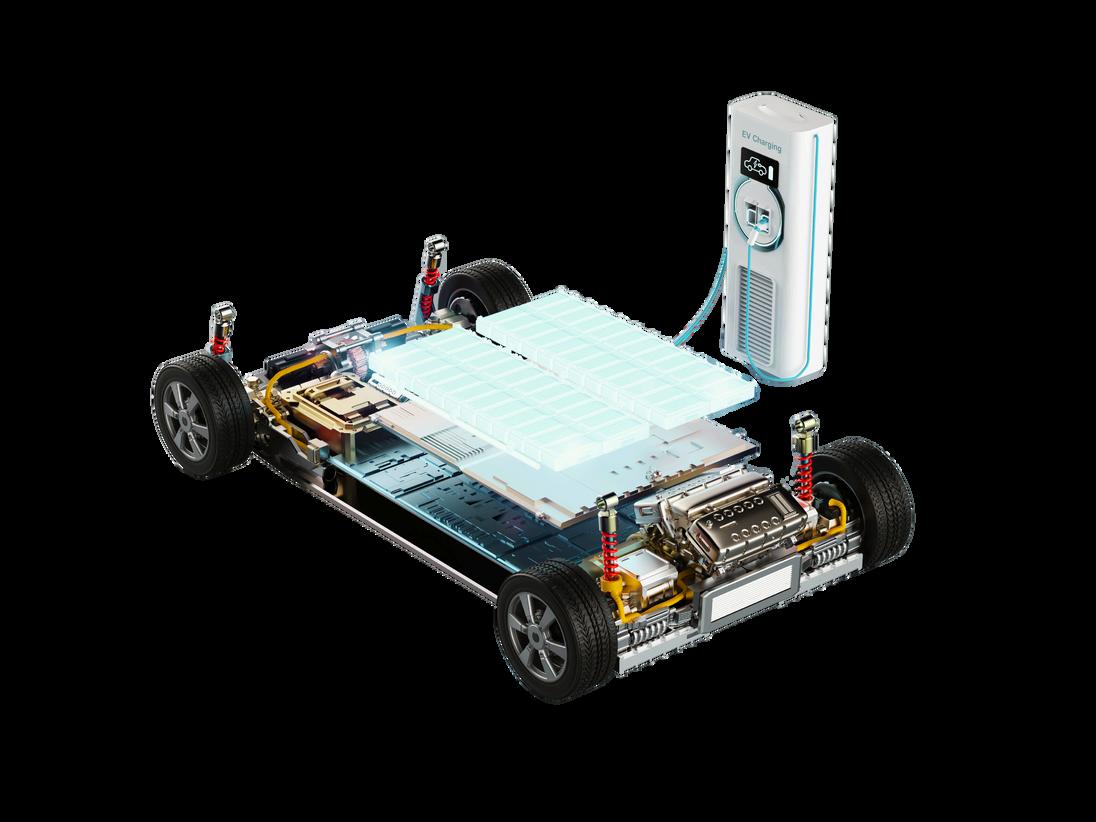


Electric vehicles (EVs) are at the forefront of India's push toward sustainable mobility The country's transition to EVs is not only a response to environmental concerns but also a strategic move to reduce dependence on imported oil and foster energy security Central to this transformation is the advancement of EV battery technology, which plays a critical role in shaping the future of electric mobility in India


The journey toward revolutionizing mobility in India is being driven by government policies, technological innovations, and the growing demand for cleaner transportation options The Indian government's ambitious targets, such as achieving 30% EV penetration by 2030, have provided a strong impetus for battery manufacturers and researchers to innovate The introduction of the Production-Linked Incentive (PLI) scheme for Advanced Chemistry Cell (ACC) batteries, aimed at boosting domestic manufacturing, is a significant step in this direction By reducing reliance on imports and encouraging local production, the scheme is expected to make EV batteries more affordable and accessible
Battery technology is evolving rapidly, with significant advancements being made in terms of energy density, charging speed, and lifecycle Lithium-ion batteries, currently the most widely used in EVs, are undergoing continuous improvements Researchers are exploring higher energy-density materials, such as nickel-cobalt-manganese (NCM) and nickel-cobalt-aluminum (NCA), which offer better performance and longer range Solid-state batteries, which promise greater safety and energy density compared to traditional lithium-ion batteries, are also on the horizon These developments are crucial for addressing concerns related to range anxiety, one of the major barriers to widespread EV adoption in India

The growth of the EV battery market in India is also being influenced by the rise of battery recycling initiatives With the anticipated surge in EV adoption, the issue of battery disposal and recycling has come to the forefront Companies are investing in developing efficient recycling processes to extract valuable materials from used batteries. This not only reduces environmental impact but also lowers the cost of new batteries, as recycled materials can be reused in battery production The circular economy approach in battery manufacturing and recycling is expected to play a vital role in ensuring the sustainability of EVs in India.
Another critical factor in the future of EV batteries in India is the development of a robust charging infrastructure The availability of fast-charging networks across the country is essential to support the widespread use of electric vehicles. Innovations in battery technology, such as ultra-fast charging capabilities, are being complemented by the expansion of charging infrastructure, with both public and private sectors playing key roles The government’s focus on setting up EV charging stations along highways and in urban areas is crucial to alleviate concerns about charging convenience and promote greater EV adoption
India's path to revolutionizing mobility through the advancement of EV batteries is promising, yet challenges remain Issues such as the high initial cost of EVs, limited raw material availability, and the need for substantial infrastructure investment must be addressed However, with continued support from the government, collaboration between industry stakeholders, and ongoing technological innovations, the future of EV batteries in India looks bright The evolution of battery technology will not only redefine mobility but also contribute to India's vision of a cleaner, greener, and more sustainable future
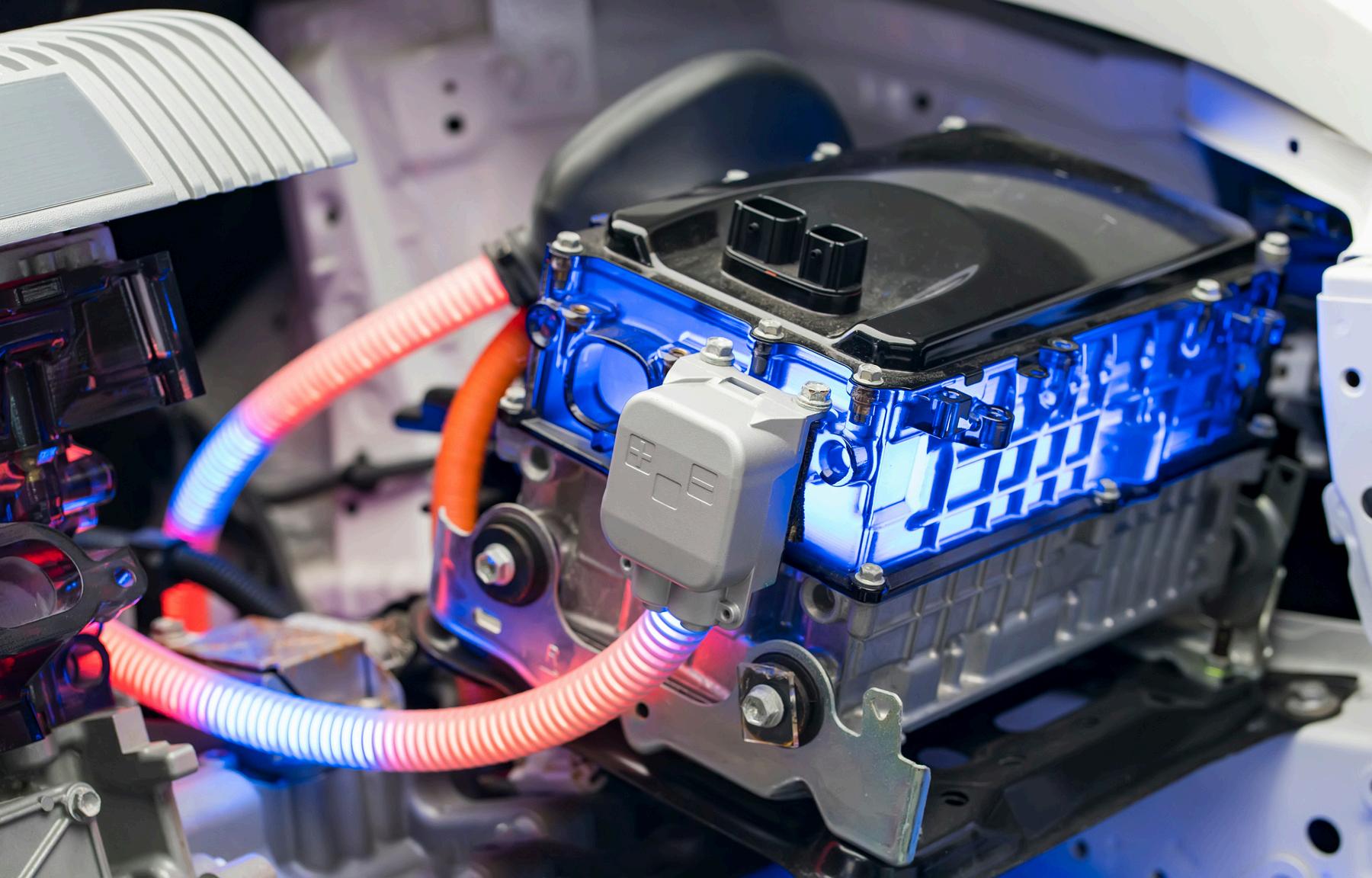
India’s rapid shift toward electric vehicles is not just about technological advancement it’s a national imperative Government initiatives like the PM E-Drive and Production Linked Incentive (PLI) scheme for Advanced Chemistry Cells (ACC) primarily focus on demand-side incentives, charging infrastructure, and localizing cell production However, a critical challenge remains under explored: the localization of the EV battery supply chain, particularly anode production
At the heart of every EV lies the lithium-ion battery, which accounts for 40-50% of the vehicle’s total cost One of the most valuable components of the battery is the anode, second only to the cathode. Anodes significantly impact battery performance, efficiency, and cost Yet, anode production in India remains a largely untapped opportunity
By 2030, India’s demand for lithium-ion batteries is projected to reach 260 GWh annually, driven by the EV boom, renewable energy growth, and consumer electronics This surge will require around 286 kilo tons of anode material each year Despite this, India’s current production capacity for anodes is less than 10 kilo tons annually, leaving the country heavily dependent on imports primarily from China, which dominates global anode supply
This dependence poses significant risks Geopolitical tensions, such as China’s recent export restrictions on graphite, expose India to supply chain vulnerabilities As a nation striving for energy security and economic resilience, India cannot afford to overlook this gap in its EV battery ecosystem
However, there is a clear opportunity. India possesses natural graphite reserves and an established industrial base capable of supporting synthetic graphite production By-products from industries like steel and petroleum can be leveraged to produce synthetic graphite, a key component in anode manufacturing These advantages position anode production as a low-hanging fruit in India’s broader battery ecosystem.

OMI Foundation’s recent issue brief, "EV-Ready India: Localizing Anode Production for a Greener Tomorrow," explores how India can unlock its potential in anode production First, India must accelerate the exploration and development of its natural graphite reserves Beneficiation plants should be established to upgrade the fixed carbon content of graphite ore to the 99% purity required for battery-grade material
The government should also consider extending the PLI scheme to cover anode production, providing financial support to scale domestic manufacturing. The brief emphasizes the need for increased investment in research and development (R&D) Emerging materials like siliconcarbon composites and lithium metal anodes offer high-performance alternatives to traditional graphite anodes R&D must also focus on costeffective beneficiation technologies for natural graphite and low-carbon footprint processes for synthetic graphite.
International partnerships are equally crucial Collaborating with graphite-rich countries such as Madagascar, Mozambique, and Brazil will help India secure a stable supply of natural graphite and reduce dependence on any single source.
India stands at a pivotal moment in its journey toward becoming a global leader in the EV sector. Localising anode production is not just about reducing import dependency it’s about securing the country’s energy future and positioning India as a competitive force in the EV supply chain The potential is clear; now is the time to act

Centre for Clean Mobility OMI

Marposs is set to exhibit at Battery Show India 2024, presenting cutting-edge solutions for EV-battery manufacturers With a focus on ensuring quality, safety, and efficiency, Marposs offers advanced technologies for various battery types
Batteries are the heartbeat of every electric vehicle, influencing not only its range but also its overall performance and safety The coating of electrode components, involving a roll-toroll application of active material (slurry) onto a thin metal substrate, must ensure homogeneity and uniformity to prevent potential hazards.
Thanks to the acquisition of MeSys, Marposs, can provide precise measurements of coating basis weight, ensuring consistent battery production quality, using Ultrasonic basis weight sensors with patented technology.
Marposs technologies extend beyond basis weight measurement Post-drying, electrodes undergo calendering to increase energy density by compressing the active material Controlling deviations in thickness is critical, and Marposs utilizes chromatic confocal technology and camera inspections during this vital step
From coating and drying to calendering, slitting, separation, and assembly, safety is top priority in the EV-battery industry. Marposs technologies and products are designed not only to meet but to redefine safety standards, creating a secure, advanced, and reliable process
At Marposs booth, visitors can also learn about Mesys Unisense: a single horizontal traversing scanning sensor available in C or O shapes The first configuration is perfect for narrower applications. This Ultrasonic sensor scanner offers a simple yet accurate way to measure the basis weight of both wet and dry films in battery production The second one, instead, is versatile and ideal for all web measurement applications
Marposs presents Mesys Unisense GO, a portable version featuring a single sensor suitable for any environment UNISENSE GO is a versatile solution designed for integration into battery electrode production lines or laboratory settings With its lightweight body, it provides immediate usability and can be easily detached and taken wherever needed, offering a convenient and versatile measurement experience without compromising performance

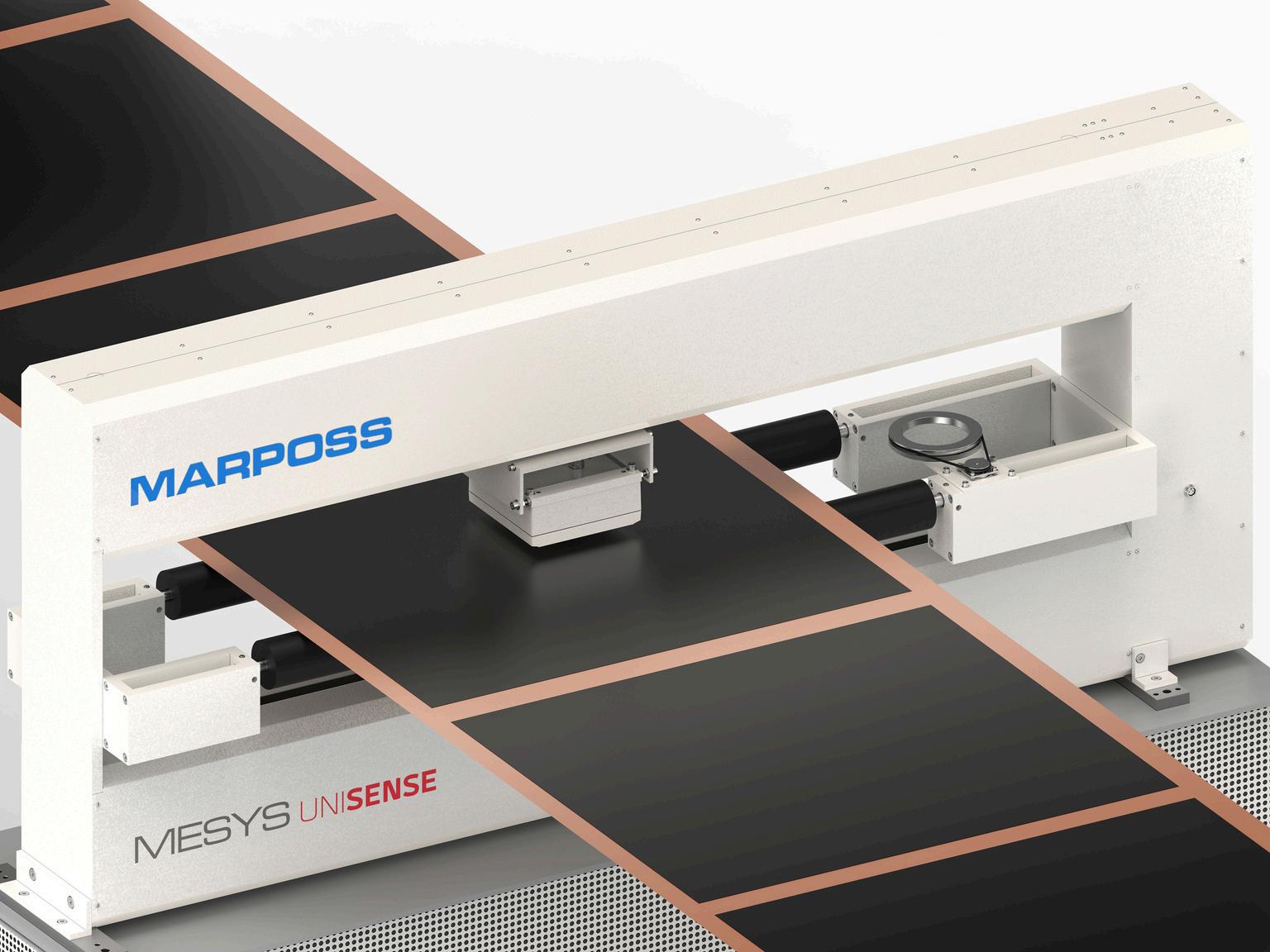
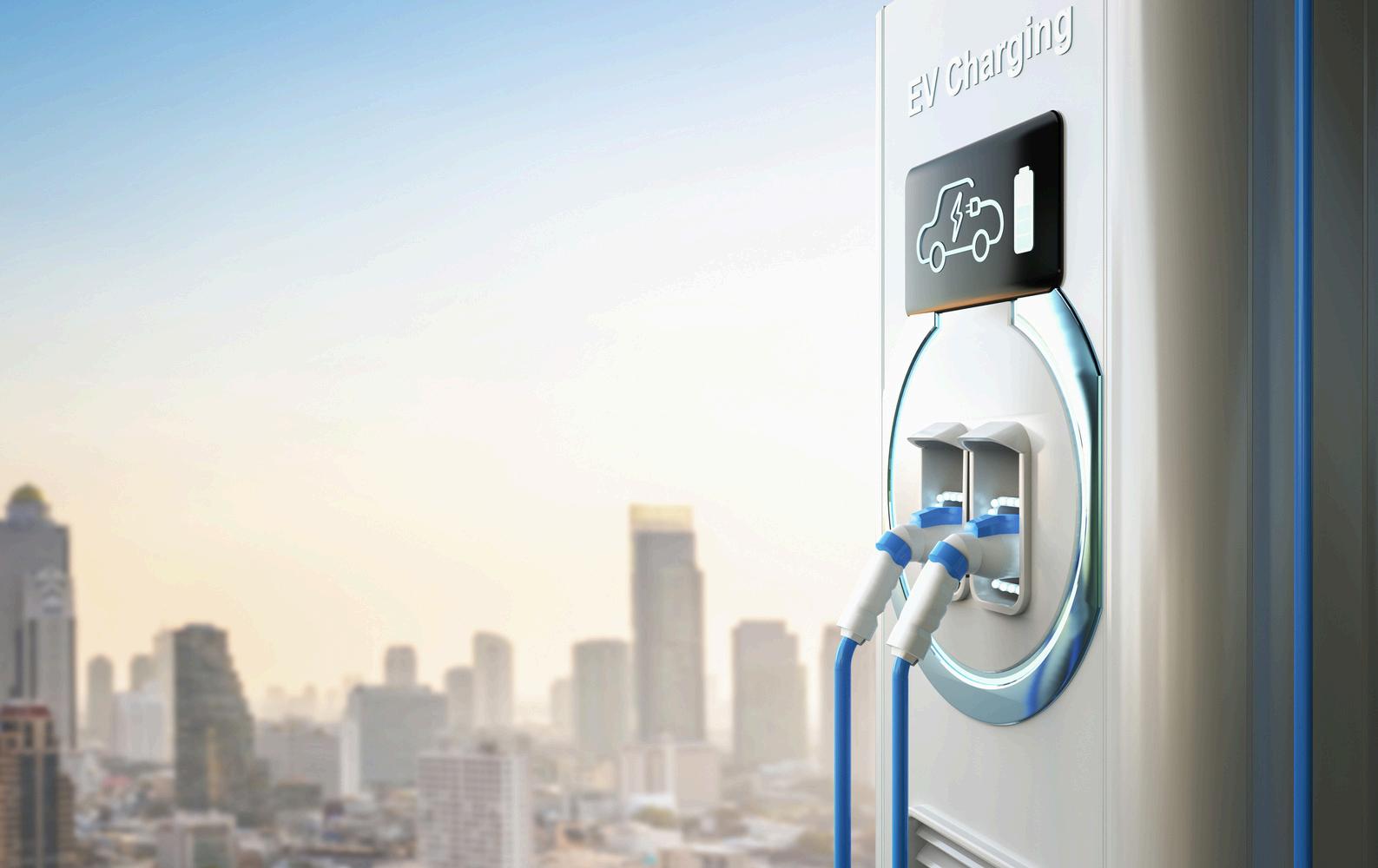
MARPOSS was founded in 1952 and Mr Stefano Possati is the President of the Group; it provides shop-floor solutions for measurement, inspection and testing in the production environment Marposs’ solutions include gauging equipment of mechanical components, before, during and after the production process; monitoring solutions on machine tools; assembly and testing for many industry sectors; and automatic machines and inspection stations for production lines MARPOSS is one of the main suppliers to the automotive industry providing solutions for both traditional and electric mobility but additionally operates in the aerospace, biomedical, hi-tech, white appliance, and glass containers industries. MARPOSS Group employs 3500 people around the world and is present in 34 countries with more than 80 sales offices
Marposs technologies and products are designed not only to meet but to redefine safety standards, creating a secure, advanced, and reliable process
The rapid growth of electric vehicles (EVs) is reshaping the automotive landscape, with India projected to see over 123,000 battery-electric vehicles by the end of 2024 This represents a remarkable 47 9% yearon-year increase from 2023, according to a Frost & Sullivan report As EV adoption accelerates, so does the need for effective and sustainable battery recycling solutions.
The global EV battery recycling market, valued at approximately USD 3 billion in 2023, is expected to grow at a compound annual growth rate (CAGR) of over 27% from 2024 to 2030 This surge highlights the growing necessity for closed-loop recycling systems as more batteries enter the waste stream
Hyperlinking the rise in EVs with recycling efforts, it’s crucial to recognize that the increase in battery production brings with it a significant environmental challenge. The International Energy Agency (IEA) reported a 180% increase in lithium production since 2017, yet demand outstripped supply in 2022 This imbalance highlights the pressing need for efficient recycling methods to recover critical materials like lithium and cobalt, which are becoming increasingly scarce.
India, with its burgeoning EV market, faces unique challenges While the country is embracing EV technology, it lacks domestic reserves for essential battery materials such as lithium, cobalt, and nickel This reliance on imports exposes India to supply chain vulnerabilities and geopolitical risks To achieve greater self-sufficiency in battery production, India must enhance its focus on recycling and material recovery.
KeysSteps to addressing EV battery recycling and working towards a circular economy
Developing Efficient Recycling Technologies: Traditional pyrometallurgical recycling methods are energy-intensive and costly Newer techniques, like hydrometallurgy and direct recycling, are emerging as more efficient alternatives These methods promise to recover valuable materials like cobalt, nickel, and lithium with reduced environmental impact.
Improving Collection and Transportation: Establishing a robust network for the collection and transportation of spent batteries is crucial Efficient systems need to be in place to ensure that batteries are safely collected, transported, and processed. Collaboration between manufacturers, retailers, and recycling facilities is essential to streamlining these processes
Enhancing Safety Protocols: Handling and recycling EV batteries pose safety risks due to their high energy content and the presence of hazardous materials Investing in advanced safety technologies and protocols is vital to protect workers and ensure safe recycling operations


Standardizing Battery Designs: The lack of standardization in battery designs complicates the recycling process Developing industry-wide standards for battery designs can facilitate more efficient recycling and material recovery
Promoting Economic Viability: The economic success of battery recycling hinges on several factors, including the cost of recycling processes, the value of recovered materials, and market demand Reports suggest that by 2040, the recycling industry could generate a $6 billion profit pool, with revenue potentially exceeding $40 billion (source: McKinsey). This highlights the significant financial incentives for developing a robust recycling infrastructure
Boosting Industry Collaboration: The recycling sector requires strong collaboration between various stakeholders, including technology providers, regulatory bodies, and industry players Joint efforts can accelerate the development of innovative recycling solutions and foster a more sustainable circular economy
Investing in Research and Development: Ongoing research into new battery technologies and recycling methods is crucial for advancing the industry. Innovations such as solid-state batteries and advanced lithium-ion technologies are expanding the potential applications of energy storage and improving recycling efficiency
The growth of the electric vehicle market presents both opportunities and challenges for battery recycling By addressing the complexities of recycling processes, enhancing safety measures, and fostering industry collaboration, we can move towards a more sustainable circular economy. As India continues to expand its EV market and aims for 500 GW of renewable capacity by 2030, the role of efficient battery recycling will become increasingly critical
Investing in innovative recycling technologies and establishing robust systems for battery collection and processing will not only support environmental conservation but also contribute to economic growth Embracing these strategies ensures that the benefits of electric vehicles are realized in a way that is both sustainable and economically viable
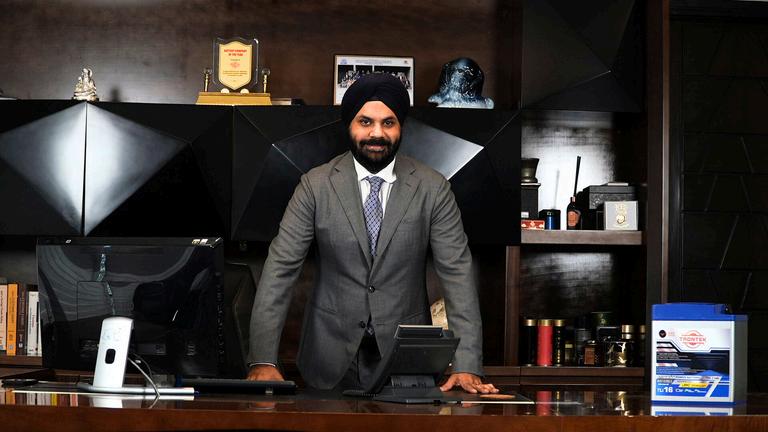
As India charts its course towards a future dominated by electric vehicles (EVs), the stakes are high Projections suggest that by 2030, EVs could seize over 40% of the automotive market, generating a staggering $100 billion in revenue However, realising this vision demands a concerted effort across various fronts, from product innovation to charging infrastructure Among these critical elements, the establishment of robust battery standards stands out as a backbone for success
The process of achieving widespread adoption of Electric Vehicles (EVs) in India is faced with numerous challenges One of the most significant barriers to adoption is the cost of EVs, which are generally more expensive than their internal combustion engine (ICE) counterparts Additionally, concerns over range anxiety and inadequate charging infrastructure further diminish consumer confidence However, recent developments show progress, with both 3W and 4W EVs experiencing a notable increase in popularity, largely due to their favourable total cost of ownership (TCO).
In order to maintain this momentum and fully unleash the potential of India's electric vehicle (EV) market, it is crucial to focus on enhancing battery standards Here's how standardised batteries can transform the EV industry:
Interoperability and Compatibility: Standardised battery specifications would ensure interoperability among different EV models, simplifying the charging process for consumers With uniform battery designs, drivers could utilise charging stations interchangeably, alleviating concerns about compatibility and enhancing convenience.
Safety and Reliability: Implementing strict battery standards guarantees enhanced safety and reliability across EVs Uniform guidelines for battery composition, construction, and performance metrics mitigate the risk of malfunctions or accidents, instilling confidence among consumers regarding the durability and integrity of EV batteries
Cost Efficiency: Standardisation drives economies of scale in battery production, resulting in cost efficiencies that run down to consumers By streamlining manufacturing processes and optimising resource utilisation, standardised batteries contribute to reducing the overall cost of EV ownership, making them more accessible to a broader demographic
Innovation and Advancement: While standardisation promotes uniformity, it also fosters innovation By establishing a common framework for battery technology, manufacturers are incentivised to invest in research and development to push the boundaries of efficiency, energy density, and longevity This continuous cycle of innovation fuels progress and propels the EV industry forward.
Environmental Sustainability: Standardised batteries pave the way for enhanced recycling and repurposing initiatives With uniformity in battery design, recycling facilities can streamline processes, recovering valuable materials and minimising waste This closed-loop approach aligns with India's sustainability goals, fostering a greener, more eco-conscious automotive ecosystem


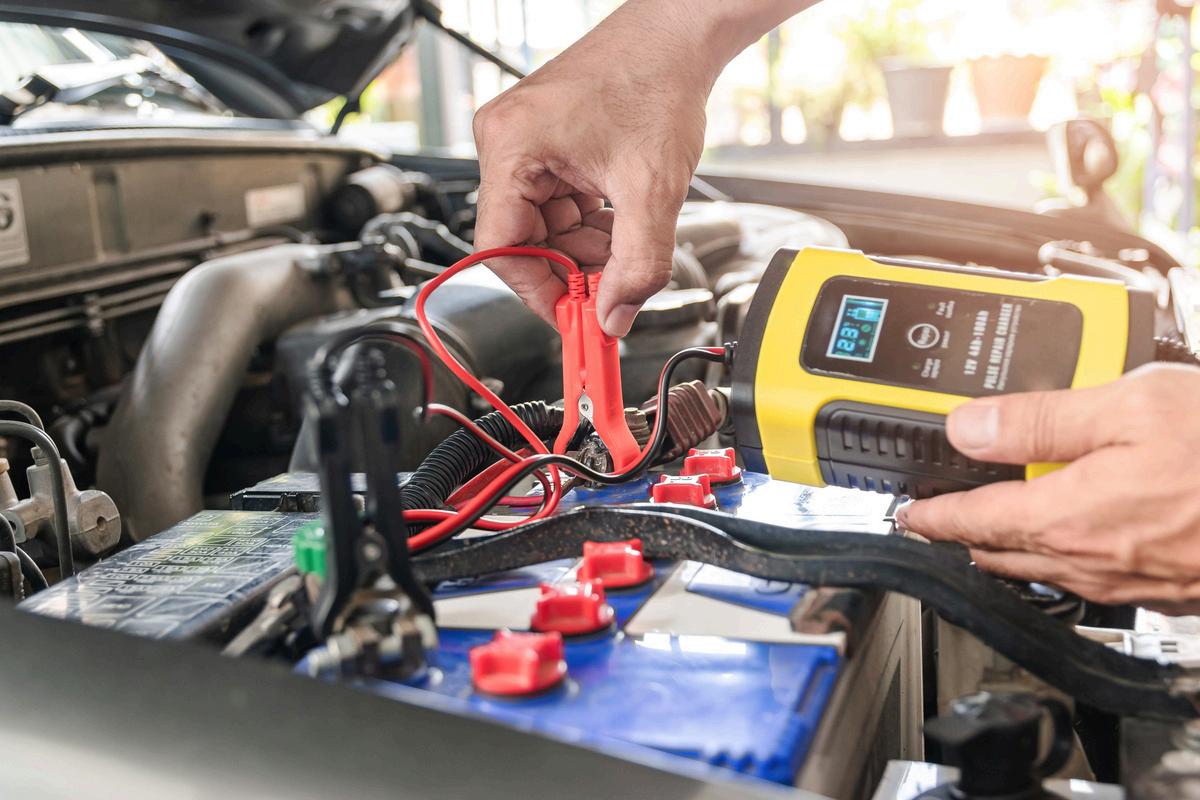
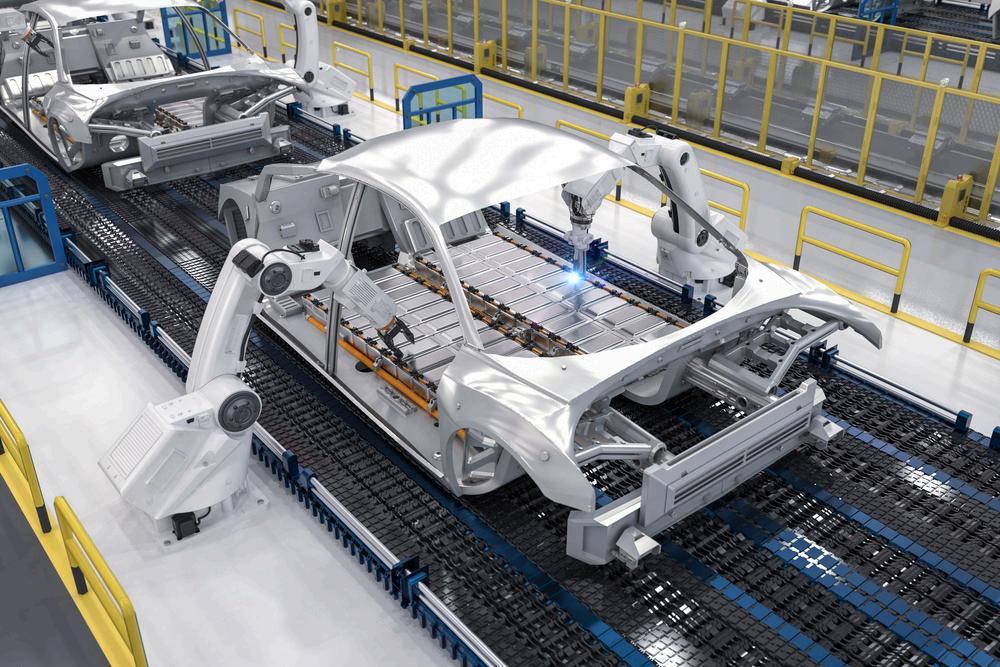
The future of mobility lies in our ability to innovate today. Standardised battery solutions are not just a technical requirement but the cornerstone of unlocking India's electric dreams. By setting clear and uniform standards, we can ensure that electric vehicles are accessible, reliable, and ready to drive the nation towards a greener tomorrow.
The implementation of standardised battery standards necessitates collaboration among industry stakeholders, policymakers, and regulatory bodies Establishing clear guidelines and frameworks, informed by international best practices, is paramount Furthermore, incentivising adherence to these standards through regulatory incentives or certification programs incentivises compliance and accelerates adoption
India's ambitious EV targets require bold and decisive action. Standardised battery standards represent a fundamental building block in this transformative journey By embracing uniformity, innovation, and sustainability, India can navigate towards a future where electric mobility is not just a possibility but a pervasive reality, driving economic growth, environmental stewardship, and societal well-being

CEO & Co-Founder Neuron Energy Pvt Ltd
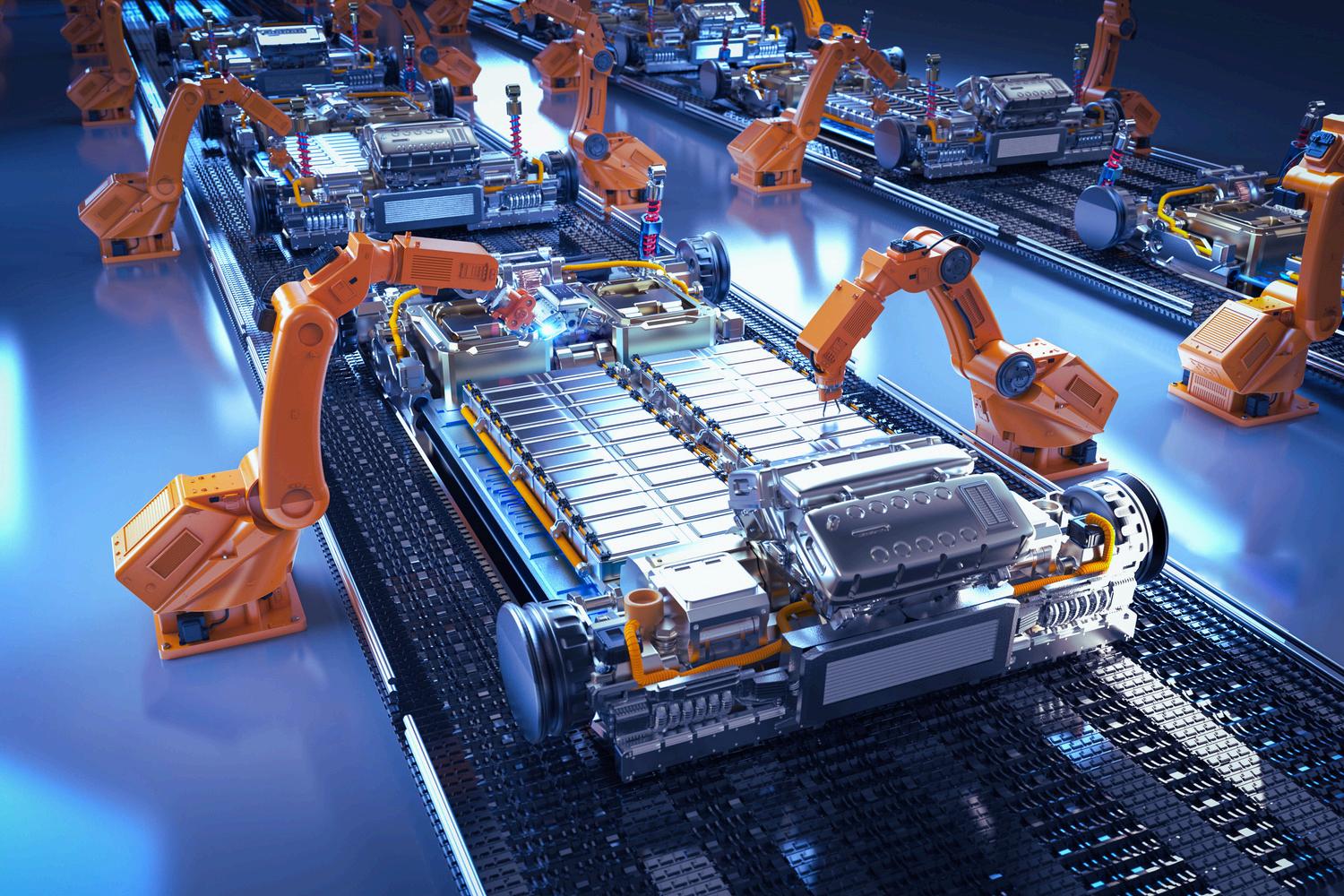



Electric vehicle (EV) batteries are central to the electrification of transportation in India, driving the shift from fossil fuels to cleaner energy sources. As the adoption of EVs accelerates, understanding the lifecycle of these batteries from manufacturing to end-of-life management becomes crucial for sustainable development This comprehensive approach not only helps in maximizing the utility of EV batteries but also ensures that their environmental impact is minimized throughout their lifecycle.
The journey of an EV battery begins with the extraction and processing of raw materials, primarily lithium, cobalt, nickel, and manganese These materials are essential for producing lithium-ion batteries, the most commonly used battery type in EVs. The extraction process, however, is resource-intensive and poses significant environmental challenges Mining operations often lead to deforestation, water pollution, and the displacement of local communities India, being a resource-constrained country, relies heavily on imports for these materials, making the supply chain vulnerable to geopolitical risks
Once the raw materials are procured, they are processed and assembled into battery cells in specialized manufacturing facilities India’s push towards self-reliance in battery manufacturing is evident through various government initiatives like the Production Linked Incentive (PLI) scheme, which aims to boost domestic production capacities. The manufacturing process involves multiple stages, including electrode production, cell assembly, and battery pack integration Each stage demands precision and adherence to stringent quality standards to ensure the performance and safety of the batteries The manufacturing process also consumes a significant amount of energy, often sourced from fossil fuels, which contributes to the carbon footprint of the batteries
After the manufacturing process, the batteries are integrated into EVs, where they serve as the primary power source The performance and longevity of EV batteries are influenced by factors such as driving

habits, charging patterns, and environmental conditions Typically, an EV battery can last between 8 to 10 years before its capacity diminishes to a level that is insufficient for automotive use. However, even after this point, the battery can be repurposed for secondary applications, such as energy storage systems for homes or businesses, where the demand for power is less intensive This practice, known as second-life application, extends the utility of the batteries and delays their entry into the waste stream.
End-of-life management of EV batteries presents both challenges and opportunities for India As the number of retired batteries increases, the country must develop efficient recycling infrastructure to recover valuable materials and minimize environmental harm. Recycling involves the dismantling of battery packs, followed by the extraction and purification of metals like lithium and cobalt The recovered materials can then be reused in the production of new batteries, creating a circular economy that reduces dependency on raw material imports and lowers the overall environmental impact. However, the recycling process is complex and requires advanced technology and significant investment
India is still in the early stages of developing a comprehensive framework for EV battery recycling The government has introduced draft policies aimed at promoting recycling and establishing guidelines for safe disposal Collaborations between the public and private sectors are essential to scale up these efforts and build a robust ecosystem for end-of-life management
The lifecycle of EV batteries in India involves multiple stages, each with its own set of challenges and opportunities From the extraction of raw materials to the final recycling process, every step plays a crucial role in shaping the sustainability of the EV industry As India continues to embrace electric mobility, it must also focus on developing a holistic approach to managing the lifecycle of EV batteries, ensuring that the benefits of this transition are maximized while minimizing its environmental impact.

India's energy landscape is undergoin growing focus on renewable energy s efficient and safe energy storage solut phosphate (LiFePO4) batteries are em offering distinct advantages that cou sustainable energy future, bolstered environment.
Traditional lithium-ion batteries, while powerful, raise safety concerns due to potential thermal runaway Lithium iron phosphate batteries, on the other hand, excel in thermal and chemical stability, minimizing fire risk. This makes them ideal for applications in densely populated areas like Indian cities and towns, where safety in homes, businesses, and even electric vehicles (EVs) is paramount

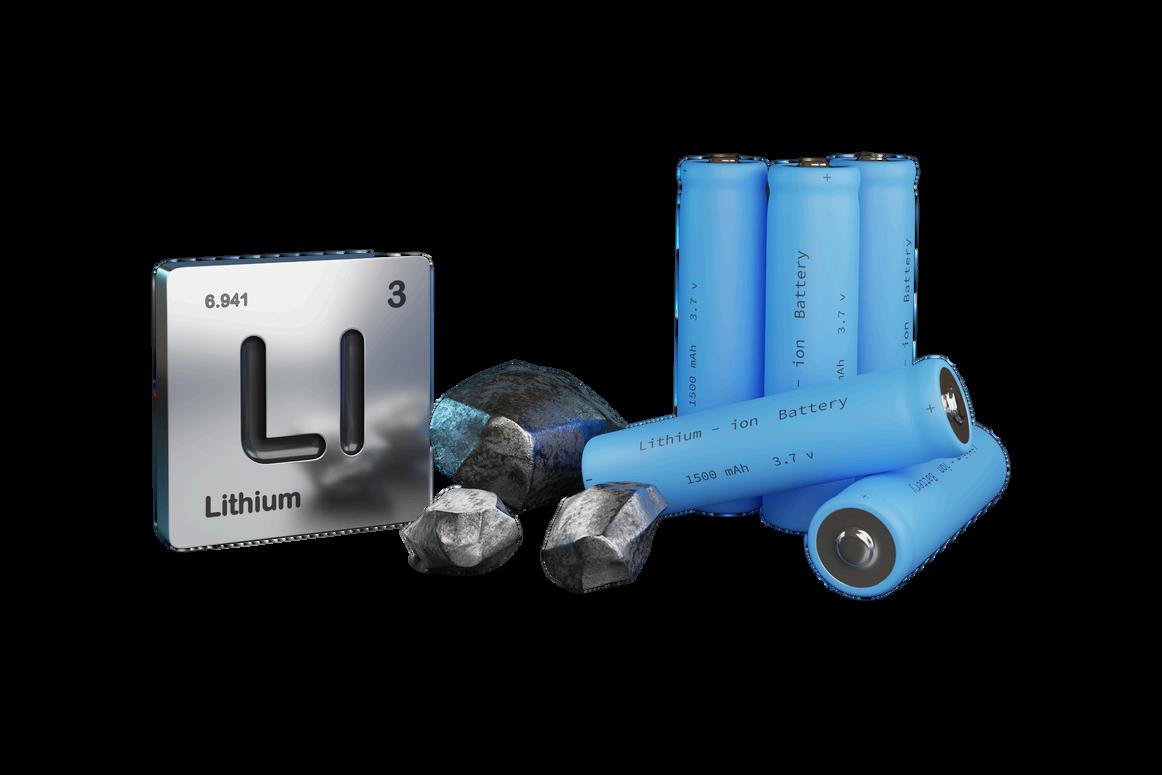
focused on intra-city travel and prioritizing safety over extreme driving range
Grid Storage: Lithium iron phosphate batteries can play a crucial role in storing renewable energy from India's abundant solar and wind resources, enabling a more stable and sustainable national grid
Lithium iron phosphate batteries boast extended lifespans, lasting several times longer than their counterparts This translates to fewer replacements, significantly reducing waste generation and environmental impact Additionally, the materials used in Lithium iron phosphate batteries are generally less toxic and more readily available, aligning perfectly with India's push for sustainable practices Government initiatives like the Battery Waste Management Rules aim to further promote responsible battery disposal and recycling, creating a more circular economy for Lithium iron phosphate and other battery technologies.
One current hurdle for Lithium iron phosphate batteries is their lower energy density compared to some other lithium-ion varieties However, advancements in cathode materials and cell design by Indian researchers and manufacturers are rapidly closing this gap. Furthermore, the readily available raw materials for Lithium iron phosphate batteries, coupled with their longer lifespan, can lead to significant cost savings over time, making them a compelling longterm solution Additionally, policy shifts like the Production Linked Incentive (PLI) scheme for advanced chemistry cell (ACC) battery storage offer financial incentives for domestic manufacturing of Lithium iron phosphate batteries, potentially accelerating their cost competitiveness.

Make in India Mission: With a focus on domestic manufacturing, Lithium iron phosphate batteries can create new job opportunities and reduce reliance on imported technologies, aligning with the government's vision
Lithium iron phosphate batteries offer a compelling combination of safety, durability, and sustainability – key considerations for India's growing energy needs As research continues to improve energy density and cost competitiveness, these batteries are poised to play a transformative role in powering a cleaner, more Atmanirbhar (selfsufficient) India With their unique advantages and the supportive policy landscape, Lithium iron phosphate batteries are not just another option – they are a glimpse into the future of a sustainable and secure energy ecosystem for India

The Indian EV market is advancing quickly and is projected to grow at a rate of 66% in 2024 This notable growth comes as the Indian government aims for 30% of vehicles to become electric by the end of 2030 While the target is ambitious, India’s success would depend on how easily its EV sector can access advanced technology, battery materials, and components. Currently, India relies on imports to meet its EV battery needs and regularly sources materials from countries such as China, Japan, and South Korea to meet the rising demand for electric vehicles For instance, between 2020 and 2021, India imported lithium-ion worth over USD 722 5 million While imports help meet the demand they inflate the cost of production significantly. This puts financial pressure on manufacturers, driving them to set a high upfront price to offset their increased cost of production With India’s annual demand for batteries projected to reach the 50 GWh mark by 2025, our nation needs to amp up efforts to boost the domestic battery sector to lower dependence on imports.
Challenge of Import Reliance
Critical materials such as cobalt, nickel, and lithium make up more than half the cost of today’s advanced battery packs Unfortunately, in India, the reserve for these key metals is scarce As a result, battery manufacturers and electric two-wheeler companies import them. Currently, the geographical concentration of lithium-ion battery supply chains is dominated by China, which produces around 80% of the world’s lithium-ion battery supply While this arrangement helps meet the need, the dependency could prove detrimental For instance, supply chain disruptions, as seen during the pandemic, and rampant price volatility due to geopolitical tensions can hamper electric twowheeler manufacturers

Battery-centric policies: In the last couple of years, incentives like PLIs with an allocation of nearly USD 2 5 Billion have helped enhance the appeal of EVs Through the scheme, the government wants to build a manufacturing capacity of 50 GWh of ACC alongside 5 GWh of niche ACC capacity in India Additionally, it aims to increase exports and support major domestic and foreign manufacturers for establishing ACC battery manufacturing facilities in India. In the Union Budget 2024, the government exempted import duty on 25 critical minerals including cobalt nickel, and lithium which are key for EV battery manufacturing This move is expected to boost domestic production and support green energy sectors while India works on developing alternatives.
More R&D Investments: According to a report by Automotive Research Association of India (ARAI), India needs around Rs 1,151 crores over five years to gain a lead in developing suitable technology for advanced EV batteries. Increasing the funding towards R&D in EV technology can help develop technology that can boost production and innovate Made in India battery components, lowering dependence on imports
Exploring partnerships & recycling capacity: Our government is actively trying to localize EV battery production through initiatives like Production-Linked Incentives (PLI) for cells Since only a few companies produce cathode and anode materials, battery recycling could help address this gap by recovering and repurposing essential metals for second use In fact, India could benefit by exploring partnerships with other resource-rich nations to develop a steady supply of these critical raw materials Additionally, investing in domestic mining and r risks and lower import r
Increased investments: would need 800 GW However, for that, India battery manufacturing transforming sustainab directed towards OEMs understand that increa help lower the cost of b


India is currently dependent on imports of battery materials, component manufacturing, and cell manufacturing However, to bridge the gap between the domestic market and imports, the government is actively trying to boost India’s EV sector through incentives and policies More focused support and R&D efforts could help accelerate the growth of domestic EV startups working on innovative battery chemistries Such measures could help lower reliance on imports and the cost of electric two-wheelers, making it inable mobility
and Managing Director okudo India.
Electric vehicles have today become a cornerstone in the commercial segment The technological advancements, lower total cost of ownership, and infrastructure development have significantly fuelled the growth of EVs, and enhanced customer confidence. Following a few practices can also help people maximise the range of their EVs over a longer period With optimum driving range, drivers can reach more customers, reduce downtime, and ultimately, improve profitability
Euler Motors shares 5 simple and effective tips to unlock a whole new level of performance and improve range
Maintain Optimal Speed:
Just like any regular vehicle, over-speeding takes a toll on the efficiency
Sticking to speed limits reduces air resistance, allowing your loader to operate more efficiently and consume less power. Additionally, one should avoid aggressive driving with rapid acceleration and braking, as this strains the motor and depletes the battery faster Consistent, smooth driving is key to maximising range and ensuring a safe and pleasant ride


Avoid Accelerator on Down Slope:
When navigating slopes, take advantage of gravity's gift Going downhill allows your electric loader to coast efficiently, maximising range Resist the urge to use the accelerator – it's unnecessary and can actually reduce your range Maintaining a safe downhill speed without constant acceleration and deceleration helps conserve energy and extend your trip
Overnight Charging:
Plug in your EV overnight for a full and efficient charge Overnight charging allows for a slow and steady flow of electricity, which is gentler on the battery and can improve its lifespan. This translates to better range in the long run compared to frequent quick charges


Avoid Unnecessary Braking: Reduce Payload:
Frequent and unnecessary braking wastes valuable energy Practise smooth driving techniques like anticipating traffic flow to minimise braking. Harsh braking significantly reduces range, so focus on gentle stops whenever possible
The lighter your cargo, the less energy your loader needs to use By strategically managing your payload weight, you can significantly improve efficiency and extend both the range and lifespan of your electric vehicle


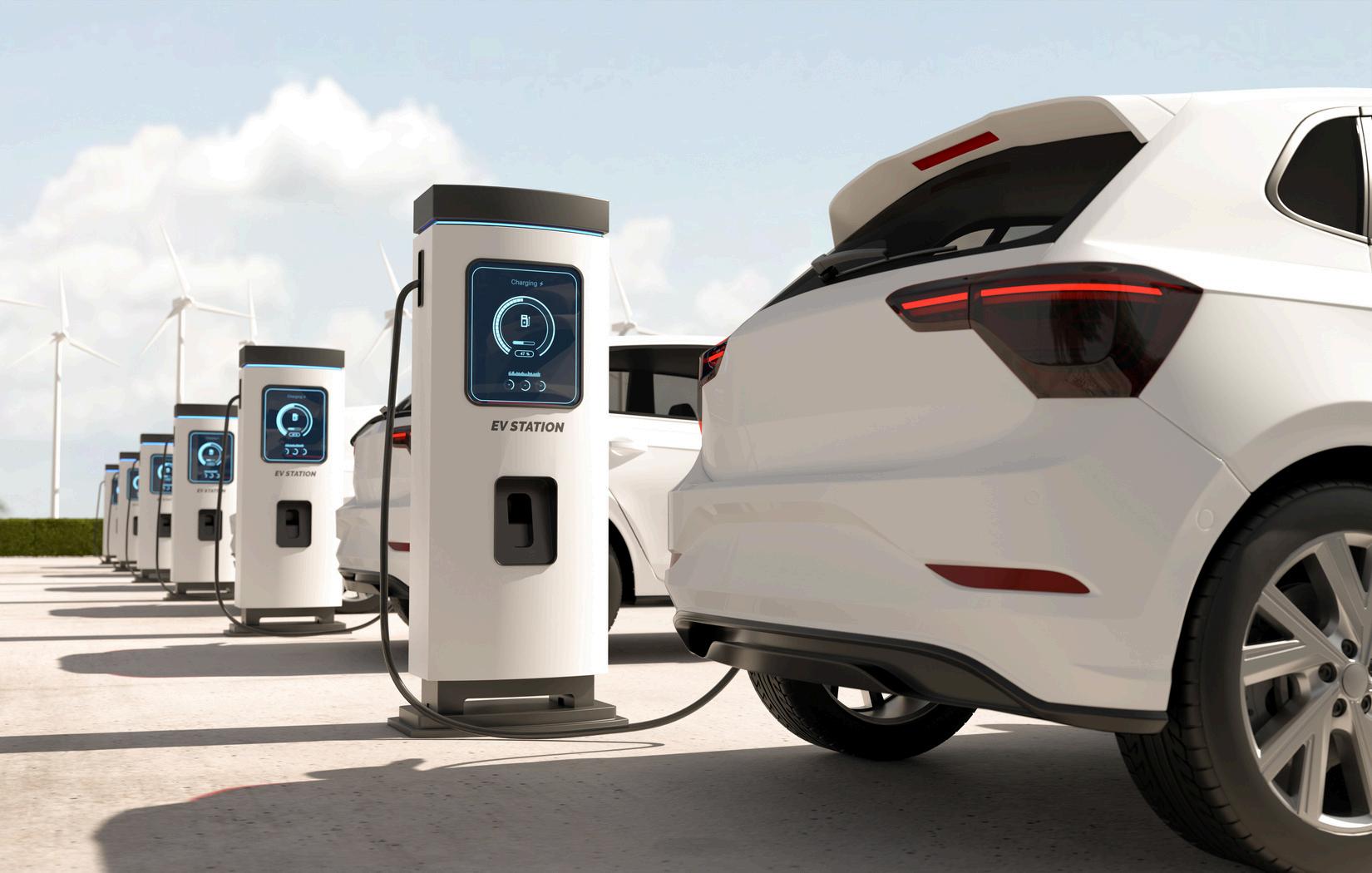

LMFP has potential to rule Indian EV market in coming future as it has ability to bridge the gap between costeffective LFP and high-energy density NMC chemistries.”

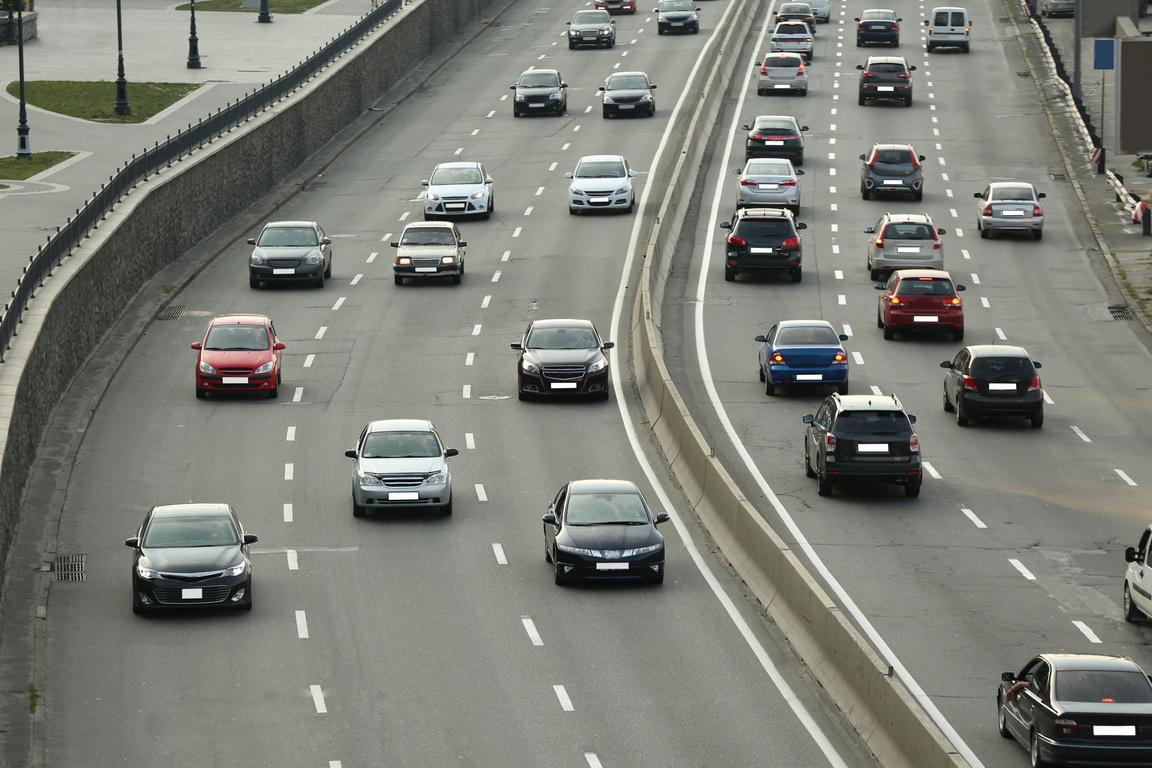
Over the past decade, the demand for electric vehicles (EVs) in India has surged dramatically. The Economic Survey projects that India’s electric vehicle (EV) market will grow at remarkable Compound Annual Growth Rate (CAGR) of 49% between 2022 to 2030, with annual EV sales anticipated to reach 10 million by 2030 This rapid growth in EV sales has significantly boosted the demand for electric battery packs. Government initiatives, such as the ACC PLI scheme, boost domestic battery manufacturing Ola Electric’s indigenous ‘Bharat’ battery cell exemplifies these efforts to support domestic production and reduce import dependency.

The evolution of battery chemistry has been characterised by notable technological advancements and changes in market demands As shown in the figure, in the early stages of the Indian EV market, leadacid batteries were predominant Although, these were the first rechargeable batteries, their use was limited in EVs due to their weight and low energy densities (40-60 Wh/kg). In 1990’s Nickel Cadmium (Ni-Cd) and Nickel-Metal Hydride (Ni-MH) batteries gained popularity due to their rechargeability, with moderate costs but higher than lead acid, these batteries offered better performance with energy densities ranging between 40-120 Wh/kg, and were commonly used in hybrid vehicles. It was in 2000’s, that lithium-ion batteries gained traction for their higher energy densities and lighter weights making them ideal for EVs Lithium Cobalt Oxide (LCO) batteries offered energy densities of 150-200 Wh/kg, but their application in EVs were limited due to safety concerns related to thermal instability and high costs stemming from limited cobalt resources. In contrast, Lithium Manganese Oxide (LMO) batteries provided energy densities of 100-150 Wh/kg, exhibited good thermal stability but had a moderate lifecycle
Lithium Iron Phosphate (LFP), Nickel Cobalt Aluminium (NCA), and Nickel Manganese Cobalt (NMC) are three battery chemistries, each offering distinct advantages that have driven their adoption in the EV sector The LFP batteries provide energy densities of 90-120 Wh/kg, and are known for their excellent lifecycle making them suitable for

applications that require longevity, e g , EVs However, their lower energy density limits their use in applications requiring longer ranges
The current EV industry is dominated by NMC and LFP There is a temporary adoption of low nickel NMC chemistry such as NMC 532 and 622 due to its lower production cost. The long-term goal is to shift towards higher nickel NMC chemistry e g , NMC 811, which is capable of longer distance coverage due to higher energy densities LFP is the dominant chemistry in China and its influence is being propagated by Chinese cell manufacturers globally as they hold majority of the market share of battery distribution The adoption of LFP batteries has also increased in past few years by EV manufactures in India
It is important to note that NCA and LMFP (Lithium Manganese Iron Phosphate) chemistries can be potential market challenger in the future despite their lower usage in EV currently NCA has higher nickel content like NMC chemistries that propagate longer distances LMFP has higher energy density ( 230 Wh/Kg) and operating voltage, 15%-20% higher than LFP batteries, that make them a desirable substitute for EV batteries


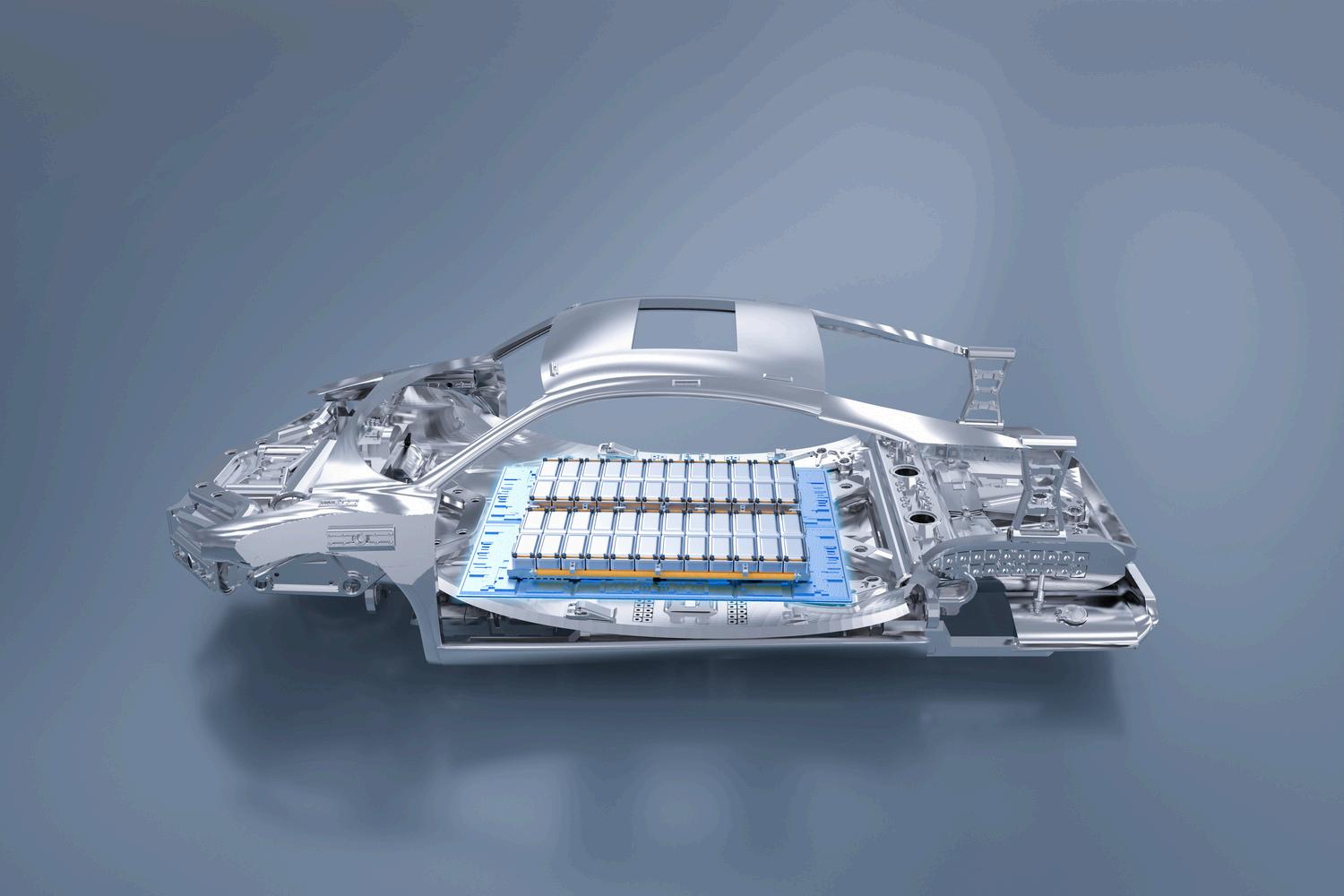


Electric vehicles (EVs) are rapidly transforming India's transportation landscape, driven by the need to reduce carbon emissions and dependency on fossil fuels. At the heart of this transformation are EV batteries, which not only power the vehicles but also play a crucial role in shaping the performance, cost, and environmental impact of electric mobility Understanding the different types of EV batteries and their implications is key to comprehending the dynamics of India’s burgeoning EV ecosystem.
Lithium-ion batteries are currently the most widely used type in EVs, known for their high energy density, long cycle life, and relatively low self-discharge rates They come in various chemistries, such as Lithium Cobalt Oxide (LCO), Lithium Iron Phosphate (LFP), and Lithium Nickel Manganese Cobalt Oxide (NMC), each with unique characteristics LCO batteries, while offering high energy density, are less stable and have shorter life spans, making them more suited for smaller devices rather than EVs On the other hand, LFP batteries are praised for their thermal stability and safety, making them increasingly popular in the Indian EV market despite their lower energy density NMC batteries strike a balance between energy density and safety, making them a common choice for electric vehicles globally and in India.
However, lithium-ion batteries are not without challenges The extraction of lithium and other essential materials like cobalt raises environmental and ethical concerns, particularly regarding mining practices. Moreover, India’s reliance on imports for these raw materials adds to the cost and supply chain vulnerabilities Addressing these issues requires advancements in battery recycling technologies and the development of alternative materials Research into solid-state batteries, which promise higher energy densities and greater safety without relying on liquid electrolytes, is ongoing and could be a gamechanger for the industry if successfully commercialized
The impact of battery technology on India's EV ecosystem extends beyond the vehicles themselves The choice of battery type influences the overall cost of EV ownership, which remains a significant barrier to

widespread adoption in India For instance, the lower cost of LFP batteries could drive down the upfront price of EVs, making them more accessible to a broader range of consumers. Additionally, the longevity and reliability of the batteries directly affect the resale value of electric vehicles, a critical consideration for potential buyers
Infrastructure development is another area closely linked to battery technology. Fast-charging capabilities are essential for the widespread adoption of EVs, and this is directly influenced by the type of battery used Batteries with higher energy densities typically support faster charging, but they also generate more heat, necessitating advanced cooling systems As India continues to expand its EV charging network, understanding the thermal management needs of different battery types will be vital in ensuring the reliability and safety of charging stations across the country
Finally, the environmental impact of battery disposal and recycling cannot be overlooked. As the number of EVs on Indian roads grows, so too will the need for efficient and sustainable battery recycling processes Improper disposal of batteries can lead to soil and water contamination, posing significant environmental hazards. Developing a robust battery recycling industry in India will not only mitigate these risks but also reduce the dependence on imported raw materials by recovering valuable metals from used batteries
The choice of battery type plays a pivotal role in shaping the future of India’s EV ecosystem From influencing vehicle performance and cost to impacting infrastructure development and environmental sustainability, understanding these technologies is essential for stakeholders across the EV value chain As India pushes towards its electrification goals, continued research and innovation in battery technology will be critical in overcoming the challenges and maximizing the benefits of electric mobility


According to the Society of Manufacturers of Electric Vehicles (SMEV), the sale of electric two-wheelers in India saw a 29% increase in FY 2024, with over 944126 units sold compared to 728054 units in FY 2023 (source: https://www smev in/fy-24-25)
This transformation is not just a fleeting trend but a fundamental shift towards a greener and more sustainable future Leading EV brands in India are at the forefront of this revolution, pioneering innovative solutions and technologies that are reshaping the transportation landscape
The focus is on solutions that will help accelerate the adoption of EVs across sectors. One of the major solutions is BAAS, or battery-as-aservice, currently pioneered by Lectrix EV, the e-mobility arm of the SAR group which has over 3 decades of market presence and consumer brands like Livpure and Livguard. By offering battery-as-aservice (BaaS), Lectrix is enabling users to lease batteries rather than owning them outright BaaS can be offered in two ways:
Battery Leasing: This model allows customers to own EVs at approximately 40% less upfront cost by leasing the battery on a monthly subscription
Battery Swapping and Battery Leasing: In addition to battery leasing, users can swap batteries at designated stations This model addresses range anxiety and downtime, allowing riders to quickly exchange batteries without waiting in long queues It significantly increases the income of gig workers by Rs 200–300 per day, providing customers with unlimited range and warranty This is helping the logistics industry bring down downtime costs and enhance operational efficiency.
Additionally, advancing the battery swap network is another solution that the EV brands are focused on One of the critical challenges in EV adoption has been range anxiety The innovative battery swap networks address this issue by allowing riders to quickly swap batteries, ensuring uninterrupted operations For instance, a 52second swap can add 98 km of range to an EV Lectrix EV’s swap networks have already covered over 22 million kilometres, serving thousands of customers This feature, combined with a seamlessly integrated ecosystem of vehicles and battery solutions, ensures a hassle-free experience, especially for fleet operators, streamlining operations and maximizing efficiency
By 2030, India aims to achieve impressive EV sales penetration rates, targeting 30% for private cars, 70% for commercial cars, 40% for buses, and 80% for two- and three-wheelers (source: https://techarc net/accelerating-indias-sustainabledevelopment-goals-with-evs-a-policy-driven-approach/#: :text= By 2030, India aims to achieve sustainable and cleaner mobility

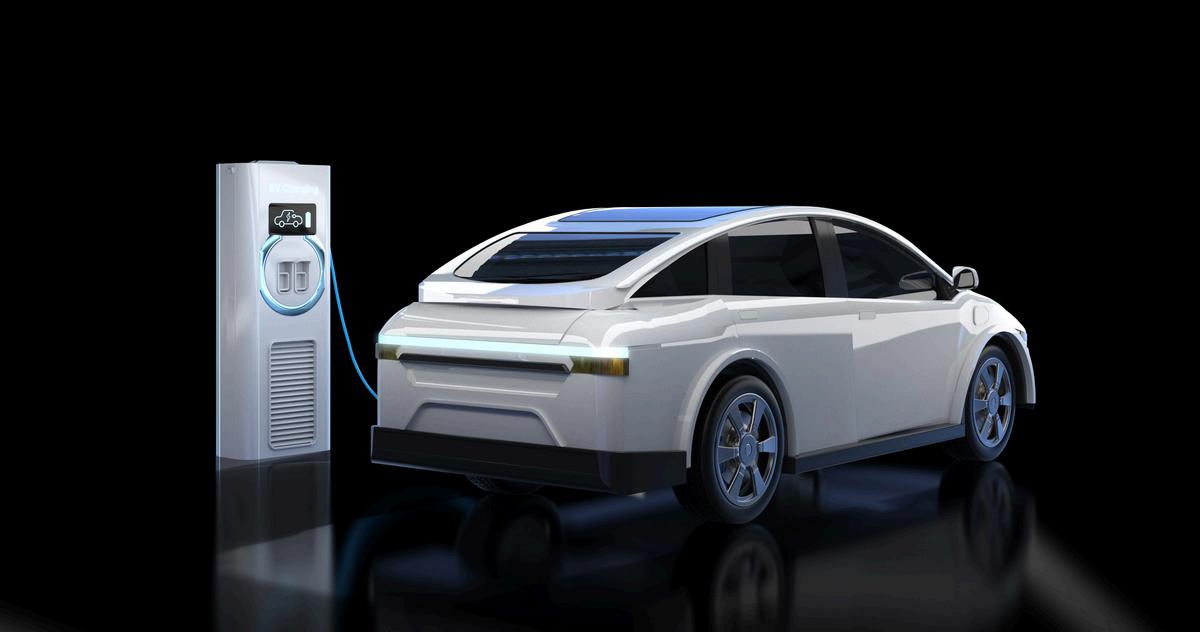
This can be achieved when sales, operations, and after-sales services are optimized. Therefore, brands are working on providing a full emobility stack This integrated solution caters to fleet operators, providing them with a complete ecosystem for managing electric fleets efficiently. Last-mile deliveries are set to experience significant growth over the next five years, with a CAGR of 15-20% across a wide range of applications, from food delivery to groceries to e-commerce, etc Food delivery, which currently processes around 5 million orders daily, is projected to see a CAGR of 30% during this period This robust growth will drive the need and demand for expanded delivery fleets(source:https://webassets bcg com/fd/1c/92b99e7c48199d5d2 68db89122af/electric-vehicles-future-of-last-mile-deliveries-inindia pdf)
So EV brands are focused on personalized solutions that are crucial for fleet owners Services include customized vehicle options, advanced fleet management tools, and dedicated support to enhance efficiency and performance Fleet owners are benefiting from full-service leases with maintenance, a fleet management dashboard to track performance, and a highly-penetrated battery swapping network providing unlimited range These facilities are helping reduce dependence on ICE vehicles and optimize costs
Brands have also established extensive service networks, ensuring that users have access to maintenance and support wherever they are Mobile service units, on-site repairs, and round-the-clock customer support are just a few of the measures implemented to enhance the ownership experience and build consumer confidence in electric mobility
EV brands in India are committed to playing a vital role in the widespread adoption of EVs Through innovative solutions like battery leasing and swapping, full e-mobility stacks for fleet operators, and comprehensive service networks, these companies are addressing the challenges of electric mobility and driving the adoption of EVs across the country As the EV market continues to grow supported by favorable government policies and increasing consumer awareness, India is on the path to becoming a global leader in sustainable transportation The efforts of these pioneering companies are not only transforming the way we travel but also paving the way for a cleaner, greener planet

India's electric vehicle (EV) battery market is undergoing significant transformation in 2024, driven by a combination of technological advancements, government initiatives, and growing consumer demand The market is witnessing rapid growth, with several key developments shaping its trajectory
One of the major factors influencing the EV battery market is the push for local manufacturing The Indian government has introduced various incentives to promote domestic production of lithium-ion batteries, aiming to reduce dependency on imports and bolster selfreliance These efforts align with the broader "Make in India" initiative, which encourages local manufacturing across various sectors As a result, several companies have announced plans to set up battery manufacturing facilities within the country This is expected to not only boost the domestic supply chain but also reduce costs, making EVs more affordable for the average consumer
In addition to manufacturing, there is a strong focus on research and development (R&D) in battery technology Indian companies, in collaboration with global partners, are investing in R&D to develop advanced battery chemistries that are more efficient, have higher energy density, and are environmentally friendly. Solid-state batteries, which promise higher safety and longer lifespan compared to traditional lithium-ion batteries, are a particular area of interest These technological advancements are crucial in addressing some of the challenges associated with EV adoption, such as range anxiety and charging infrastructure limitations.
The market dynamics are also being shaped by strategic partnerships and collaborations Indian automakers and energy companies are joining forces with international firms to leverage their expertise and technology. These collaborations are not only helping to accelerate the development and deployment of EVs in India but also ensuring
that the country stays competitive in the global EV landscape Moreover, these partnerships are expected to bring in significant investments, further fueling the growth of the EV battery market
Consumer awareness and demand for EVs are steadily increasing, driven by rising fuel prices, environmental concerns, and government incentives. The introduction of various models across different price segments is also making EVs accessible to a broader audience This, in turn, is driving the demand for batteries, leading to economies of scale and further price reductions The government’s commitment to achieving ambitious EV adoption targets by 2030 is providing a strong impetus to the market, with policies and subsidies aimed at both manufacturers and consumers
However, challenges remain, particularly in the areas of raw material sourcing and recycling India currently relies heavily on imports for key raw materials such as lithium and cobalt. This dependency exposes the market to global supply chain disruptions and price volatility To mitigate these risks, there is an increasing emphasis on securing alternative sources of raw materials, including the exploration of domestic reserves and recycling initiatives The development of a robust battery recycling ecosystem is crucial for ensuring the long-term sustainability of the EV market in India
India's EV battery market in 2024 is marked by significant developments and trends that are driving its growth and evolution The combination of government support, technological innovation, strategic partnerships, and growing consumer demand is creating a dynamic and competitive market While challenges such as raw material sourcing and recycling need to be addressed, the overall outlook for the EV battery market in India remains positive, with the potential to play a key role in the country’s transition to a sustainable and low-carbon future


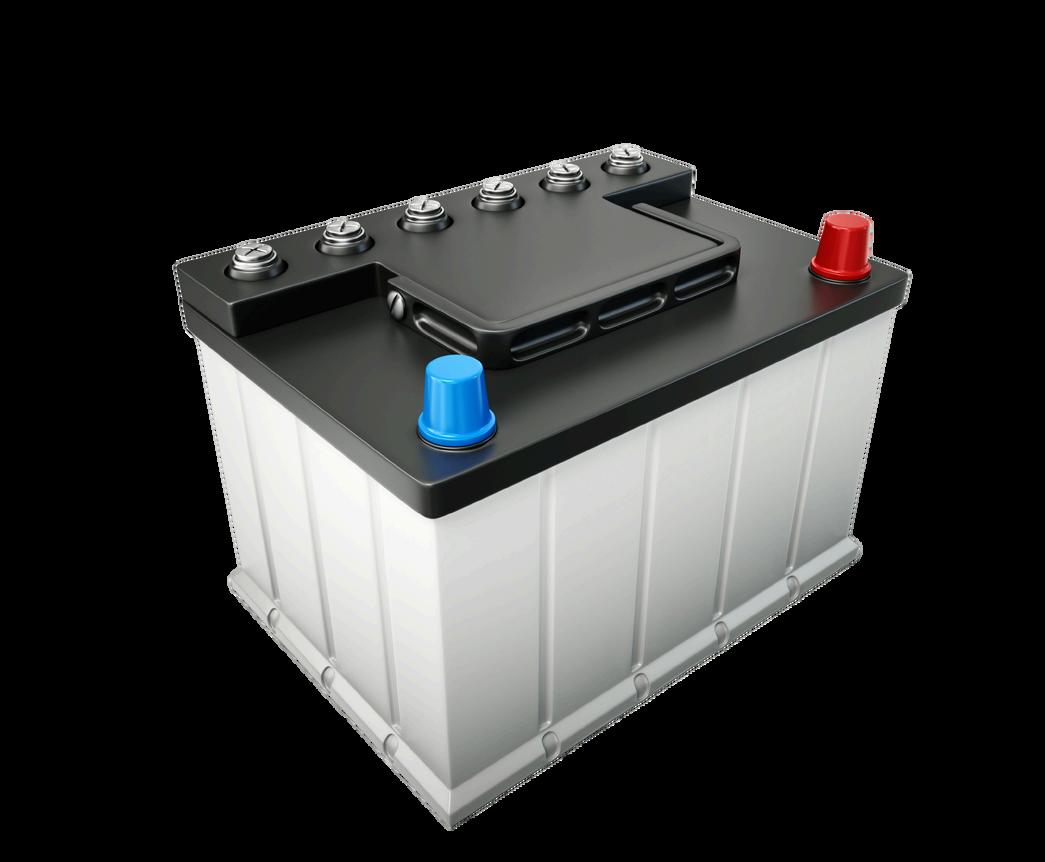

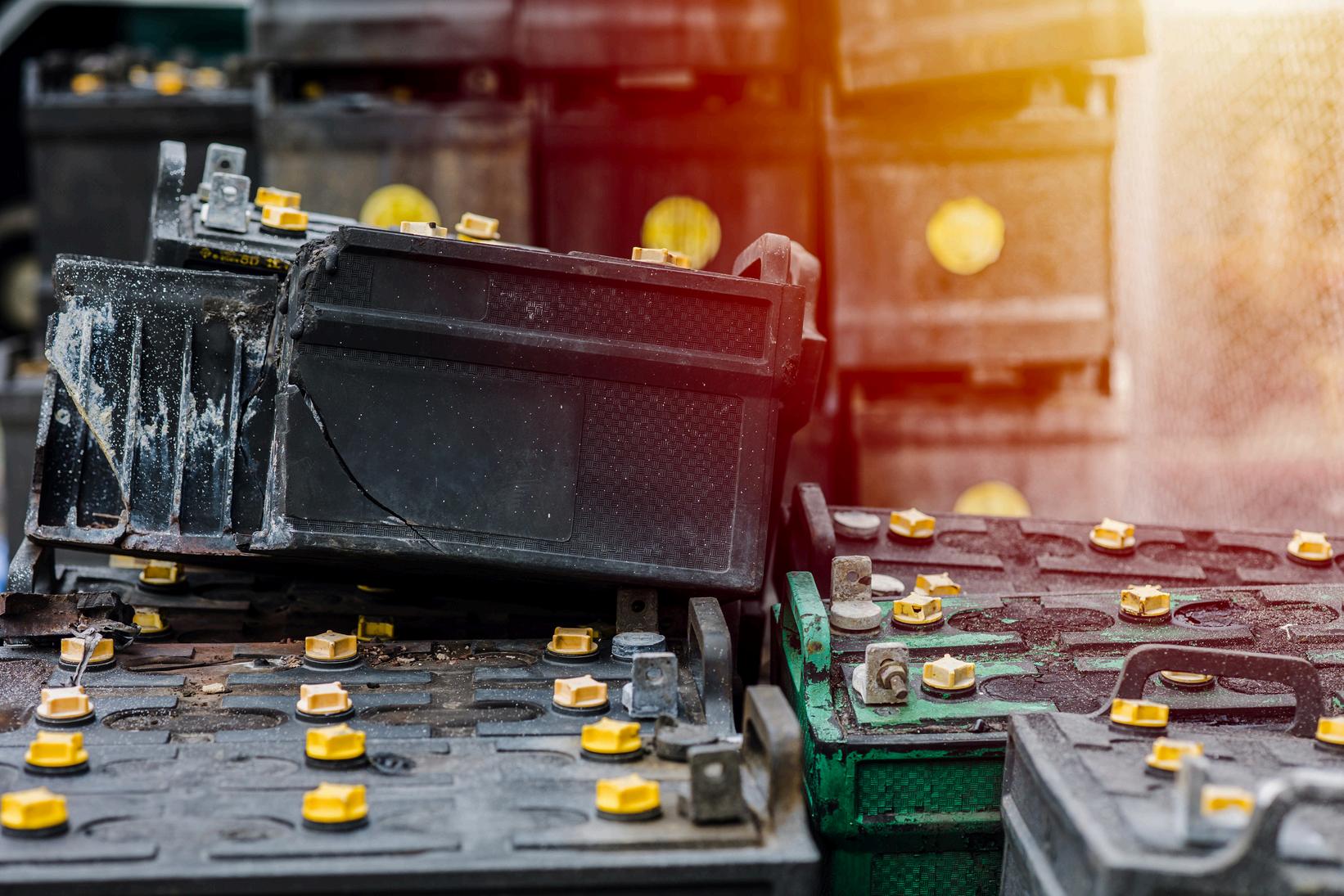
India is emerging as a global leader in the electric vehicle (EV) sector, driven by the government's push towards a cleaner, greener future. As the adoption of EVs accelerates, so does the challenge of managing the end-oflife phase of batteries, which is critical to the sustainability of the entire ecosystem The need for efficient battery recycling is paramount, and Indian companies are rising to the challenge, pioneering innovations in this essential aspect of the EV value chain.
One of the most significant concerns in EV battery management is the environmental impact of lithium-ion batteries once they reach the end of their life cycle Without proper recycling, these batteries pose a risk of pollution due to the toxic materials they contain, including lithium, cobalt, and nickel Moreover, the demand for these materials is set to increase exponentially as the EV market grows, making recycling not just an environmental necessity but also an economic imperative
Indian companies are developing advanced technologies to address these challenges Some startups are working on proprietary methods to extract valuable materials from used batteries, significantly reducing the waste generated and lowering the need for mining new materials For instance, Tata Chemicals has set up a lithium-ion battery recycling facility in Gujarat, which is one of the first of its kind in the country. The plant focuses on recovering valuable metals like cobalt, nickel, and lithium, ensuring that these can be reused in the production of new batteries, thereby closing the loop in the battery supply chain
Another key player is Attero Recycling, which has developed a unique, lowcarbon footprint process for extracting valuable metals from end-of-life batteries Attero’s technology allows for the efficient recovery of over 90% of the materials, including lithium, which is crucial given the global supply constraints The company has positioned itself as a leader in the recycling industry not just in India but globally, with plans to scale its operations and contribute to the global supply of recycled battery materials

In addition to these larger players, numerous startups are entering the fray, bringing with them innovative solutions and fresh perspectives For instance, Lohum Cleantech, based in Noida, has adopted a holistic approach to battery recycling They focus not only on recycling but also on the second-life application of EV batteries, repurposing them for energy storage solutions This approach not only extends the life of the batteries but also provides an affordable energy solution for regions with unreliable power supplies
These efforts are supported by policy initiatives from the Indian government, which has recognized the importance of battery recycling in its broader EV strategy. The Ministry of Environment, Forest and Climate Change has been working on policies to mandate the recycling of EV batteries, ensuring that the industry adheres to strict environmental standards This regulatory push is expected to further boost the development of recycling infrastructure in the country.
However, challenges remain The industry is still in its nascent stages, and the high cost of recycling technology is a barrier to widespread adoption Additionally, the informal sector, which handles a significant portion of India’s electronic waste, poses a challenge in terms of standardizing recycling processes and ensuring environmental safety
Despite these challenges, India’s EV battery recycling sector is poised for significant growth. The innovations emerging from Indian companies are not just about solving local problems but have the potential to set global standards for sustainability in the EV industry By turning a challenge into an opportunity, India is paving the way for a more sustainable future in the electric mobility revolution
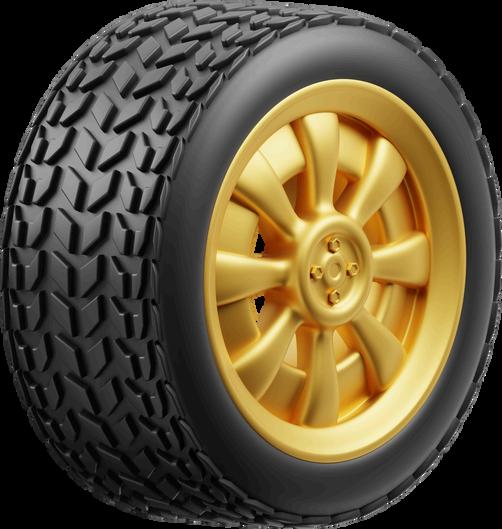






The growth of the EV battery industry in India is significantly shaped by various government policies and incentives aimed at promoting electric vehicles and sustainable transportation The Indian government has implemented a range of measures to encourage the production and adoption of electric vehicles, which has, in turn, spurred the growth of the EV battery industry.
One of the most notable initiatives is the Faster Adoption and Manufacturing of Hybrid and Electric Vehicles (FAME) scheme. The scheme, launched in 2015, provides financial incentives for the purchase of electric vehicles and supports the development of EV infrastructure, including charging stations The FAME II phase, which began in 2019, extended these benefits and aimed to establish a robust ecosystem for electric mobility. This policy has directly influenced the demand for EV batteries, as more consumers and businesses consider transitioning to electric vehicles
To further boost the EV battery industry, the government has introduced the Production Linked Incentive (PLI) scheme. This initiative, aimed at enhancing domestic manufacturing capabilities, includes significant incentives for companies involved in the production of Advanced Chemistry Cell (ACC) batteries The PLI scheme is expected to attract investments in battery manufacturing and reduce India's reliance on imported batteries, thereby supporting the growth of the domestic EV battery industry
In addition to direct incentives, the government has also implemented supportive policies that indirectly benefit the EV battery sector. For instance, the Goods and Services Tax (GST) on electric

vehicles has been reduced to 5%, making EVs more affordable and stimulating demand Furthermore, the government has announced plans to create battery swapping policies and promote research and development in battery technology, which could lead to further advancements in the industry
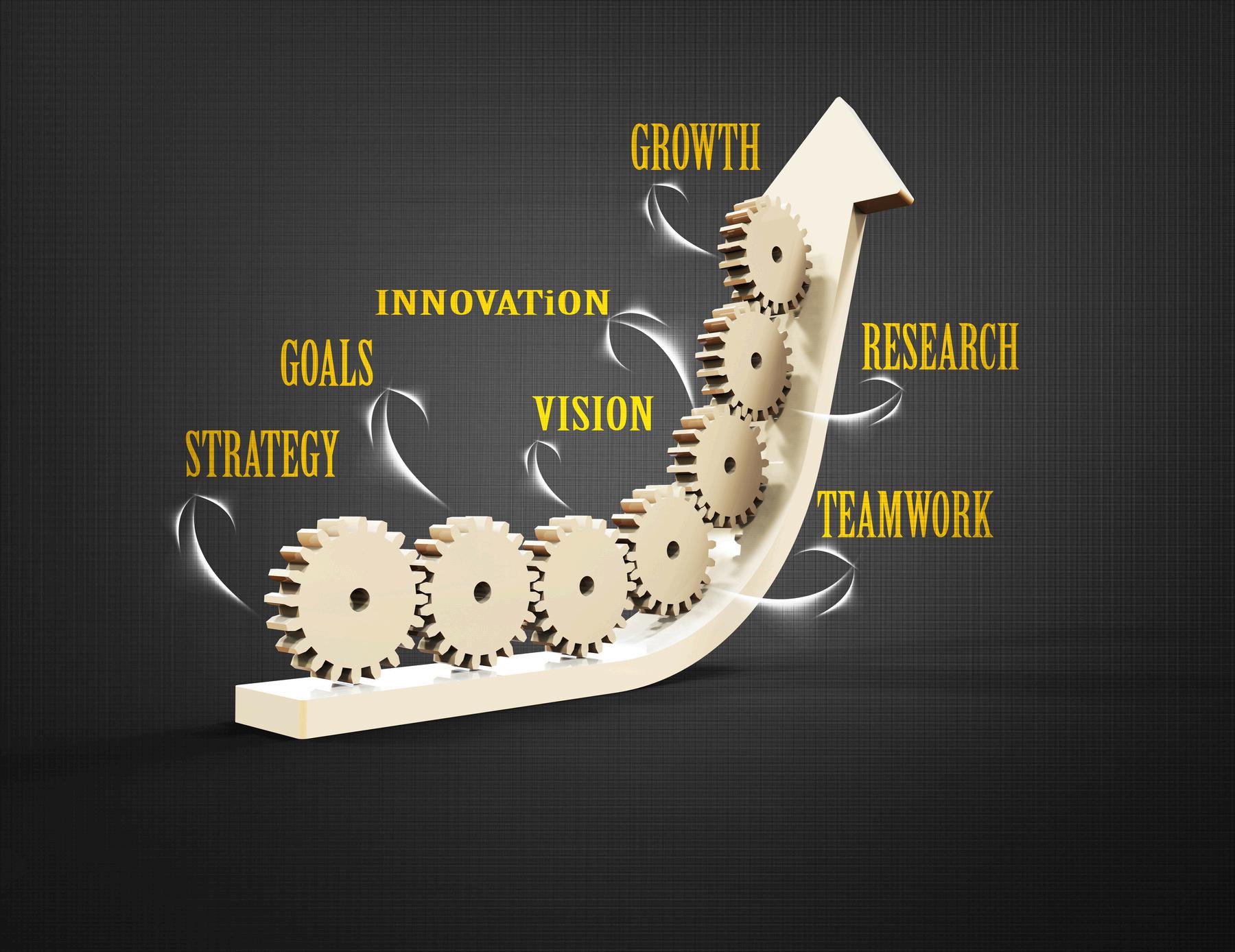
State governments have also played a crucial role in driving the growth of the EV battery industry Several states have introduced their own EV policies, offering additional incentives such as subsidies, tax exemptions, and reduced registration fees for electric vehicles These state-level initiatives complement the central government’s efforts and contribute to the overall expansion of the EV ecosystem in India
The emphasis on localization and the push for Atmanirbhar Bharat (self-reliant India) has also encouraged domestic companies to invest in battery manufacturing The government’s focus on reducing import dependency and promoting indigenous production aligns with its broader vision of creating a sustainable and resilient supply chain for the EV industry
The combination of central and state government policies, financial incentives, and supportive measures has created a favorable environment for the growth of the EV battery industry in India. As the country continues to prioritize sustainable transportation and reduce carbon emissions, the EV battery industry is likely to experience sustained growth, driven by ongoing government support and private sector investments
India's electric vehicle (EV) battery infrastructure is witnessing rapid growth, driven by government policies, increasing consumer awareness, and the global shift towards sustainable energy As the demand for EVs rises, so does the need for a robust battery infrastructure, presenting significant investment opportunities
One of the most promising areas for strategic investment is battery manufacturing India’s reliance on imported lithium-ion cells highlights a critical gap that domestic production can fill Investing in local battery manufacturing plants could reduce dependence on imports, lower costs, and enhance the supply chain's resilience The Indian government's Production Linked Incentive (PLI) scheme, which aims to boost domestic manufacturing, further bolsters this opportunity by providing financial incentives to investors in this sector
Battery recycling is another emerging area with substantial potential With the expected increase in EV adoption, the volume of used batteries will rise, creating a need for efficient recycling processes Investments in battery recycling can tap into the growing market for recovering valuable materials like lithium, cobalt, and nickel, reducing the environmental impact and supporting the circular economy Establishing recycling plants and developing advanced recycling technologies can provide a sustainable solution to the disposal of used batteries
Energy storage solutions, particularly in the form of battery swapping stations, also present a significant investment opportunity. Battery swapping technology allows EV users to replace their depleted batteries with fully charged ones, addressing the challenge of long charging times. Investing in the development of a widespread network of swapping stations can enhance the EV ecosystem, making electric vehicles more convenient for users and accelerating their adoption
Furthermore, the integration of renewable energy with EV charging infrastructure is a strategic investment avenue. As India continues to expand its renewable energy capacity, integrating solar or wind power with EV charging stations can create a more sustainable and cost-effective charging network Investors can explore opportunities in setting up solar-powered charging stations, which would not only support the EV market but also contribute to the country’s renewable energy targets
Public-private partnerships (PPPs) offer another pathway for strategic investments Collaborating with the government on infrastructure projects, such as setting up charging stations along highways or in urban areas, can mitigate risks and ensure long-term returns The government's emphasis on electrification and green mobility opens doors for investors to participate in projects that align with national goals
Finally, research and development (R&D) in advanced battery technologies, such as solid-state batteries, presents a high-potential area for investment Solid-state batteries promise greater energy density, faster charging times, and improved safety over traditional lithium-ion batteries. Investing in R&D can position investors at the forefront of the next generation of battery technology, offering longterm benefits as these innovations reach commercial viability
India's EV battery infrastructure is at a critical juncture, with numerous opportunities for strategic investment. By focusing on key areas such as battery manufacturing, recycling, energy storage, renewable integration, PPPs, and R&D, investors can not only capitalize on the growing EV market but also contribute to the country’s transition towards sustainable mobility
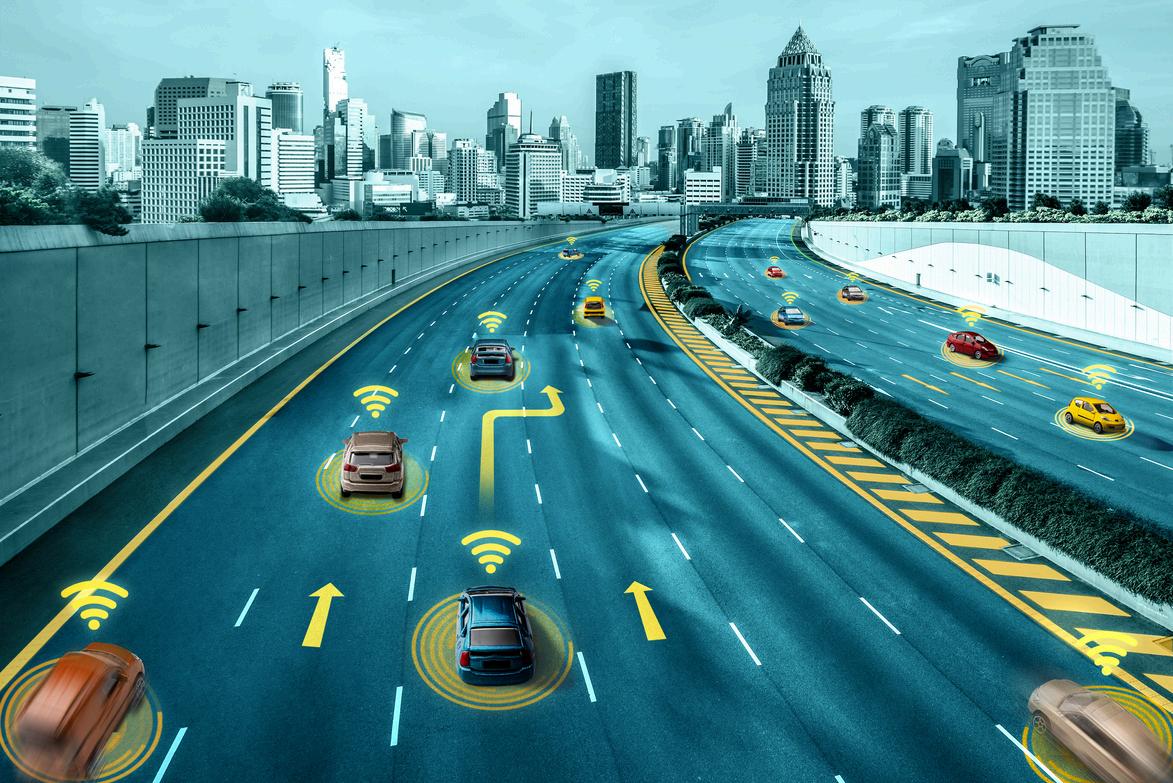

The development of battery swapping stations represents a transformative advancement in the EV sector, addressing the challenge of lengthy charging times. By investing in a widespread network of swapping stations, stakeholders can significantly enhance the convenience of electric vehicles, thus accelerating their widespread adoption.
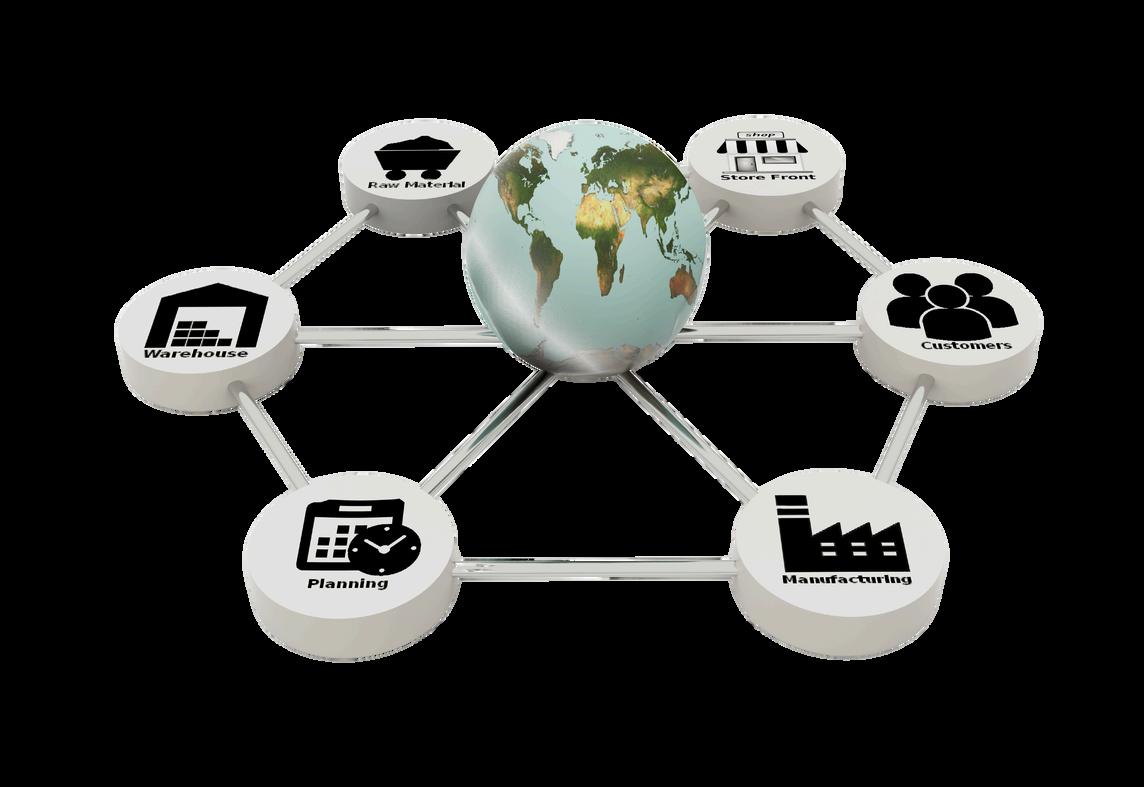
The electric component of India’s transition to sustainable transportation As the demand for EVs accelerates, Indian companies are finding both opportunities and challenges in navigating this complex supply chain The global shift towards cleaner energy has highlighted the importance of securing a stable supply of key raw materials, such as lithium, cobalt, and nickel, which are essential for battery production
Indian companies have the opportunity to position themselves as key players in this evolving landscape by investing in local manufacturing capabilities. The government's initiatives, like the Production Linked Incentive (PLI) scheme, aim to boost domestic battery production and reduce dependency on imports Companies that leverage these incentives can establish a competitive edge in the market, leading to increased profitability and market share
However, the challenges are significant The volatility in global raw material prices and the limited domestic availability of critical minerals pose substantial risks Indian companies must navigate these risks by forming strategic partnerships with global suppliers, investing in research and development to innovate alternative materials, and exploring opportunities in battery recycling to secure a more sustainable and cost-effective supply chain
The supply chain’s complexity is further amplified by geopolitical tensions, trade barriers, and the environmental impact of mining and processing these materials Indian companies are under pressure to adopt more sustainable practices, which can drive up costs but are necessary to meet global environmental standards Ensuring compliance with these standards while maintaining profitability requires careful balancing.

technology,

such as the shift from lithium-ion to solid-state batteries, present both an opportunity and a challenge Indian companies that invest in new technologies can stay ahead of the curve, but this requires significant capital and a long-term vision
The EV battery supply chain offers Indian companies a pathway to growth in a rapidly expanding market By addressing the challenges through strategic planning, innovation, and sustainable practices, they can not only contribute to India’s green energy goals but also secure a strong position in the global market.
The EV battery supply chain is fast becoming the backbone of India's green transportation revolution As the country accelerates its push towards cleaner energy, this emerging sector offers Indian companies a unique gateway to innovation and growth ”

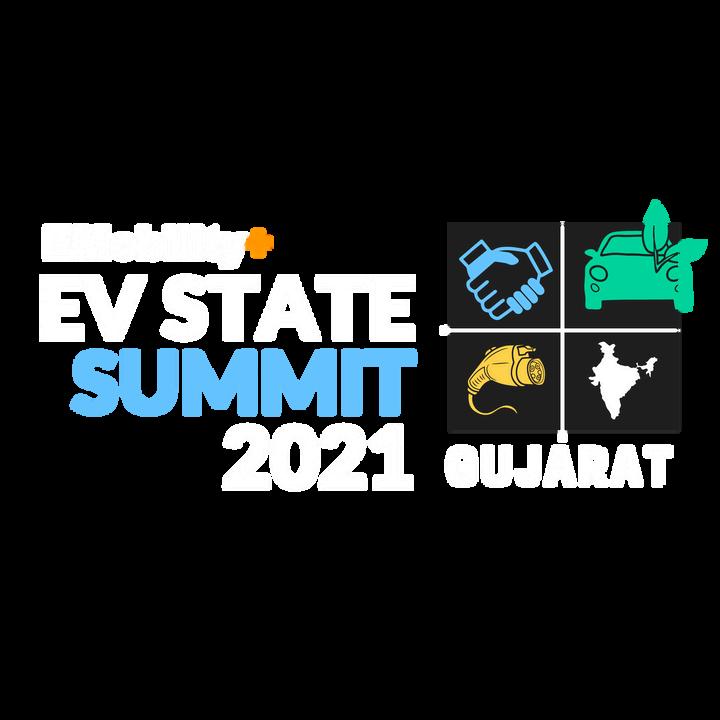
Leadership guides Gujarat toward a brighter tomorrow. By honoring visionary leaders, we celebrate the progress of our great state.



EV Logistics and Fleet Management Company in the state
Hala Mobility India Pvt. Ltd.







Outstanding Charging Solution for EVs
Tirex Chargers
Best EV Fleet Service in the Telengana
Hala Mobility India Pvt. Ltd.
Best Electric Vehicle Model (EV 2W Loader)
BMR HL 200 by BMR EV INDUSTRIES PVT LTD
Outstanding Charging Infrastructure for EVs
Trinity Cleantech Pvt. Ltd.
Innovative EV Battery Products
G Power Energy Storage and Technology

Innovative Last-Mile Delivery Solution
Hala Mobility India Pvt. Ltd.


Digital Innovation for EV Transformation on Salesforce and Salesforce Platform
EVConnect360 by DhruvSol

Outstanding EV Charging Technology
Axonify Tech Systems Pvt. Ltd.

Technology Innovation Award in Electric Mobility (3W)
Bulke Space by ETO MOTORS PRIVATE LIMITED

Technology Innovation Award in Electric Mobility (EV Powertrain)
Gravton Motors

Technology Innovation Award in Electric Mobility (Commercial 2W EV)
BMR EV INDUSTRIES PVT LTD
TEAM/INDIVIDUAL LEADERSHIP AWARDS

Team Tirex Chargers Innovative eMobility Team of the Year

Team BMR EV INDUSTRIES PVT LTD Innovative eMobility Team of the Year (EV2W Manufacturing)


EMERGING TECHNOLOGY LEADER (SMART MOBILITY)
TEAM/INDIVIDUAL LEADERSHIP AWARDS

EMOBILITY VISIONARY LEADERSHIP AWARD (GREEN-MOBILITY LOGISTICS)
Srikanth Reddy Maneesh Singh
Founder, CEO and CTO, Hala Mobility India Pvt. Ltd.

INNOVATIVE LEADER IN EMOBILITY (NEW PRODUCT DEVELOPMENT)
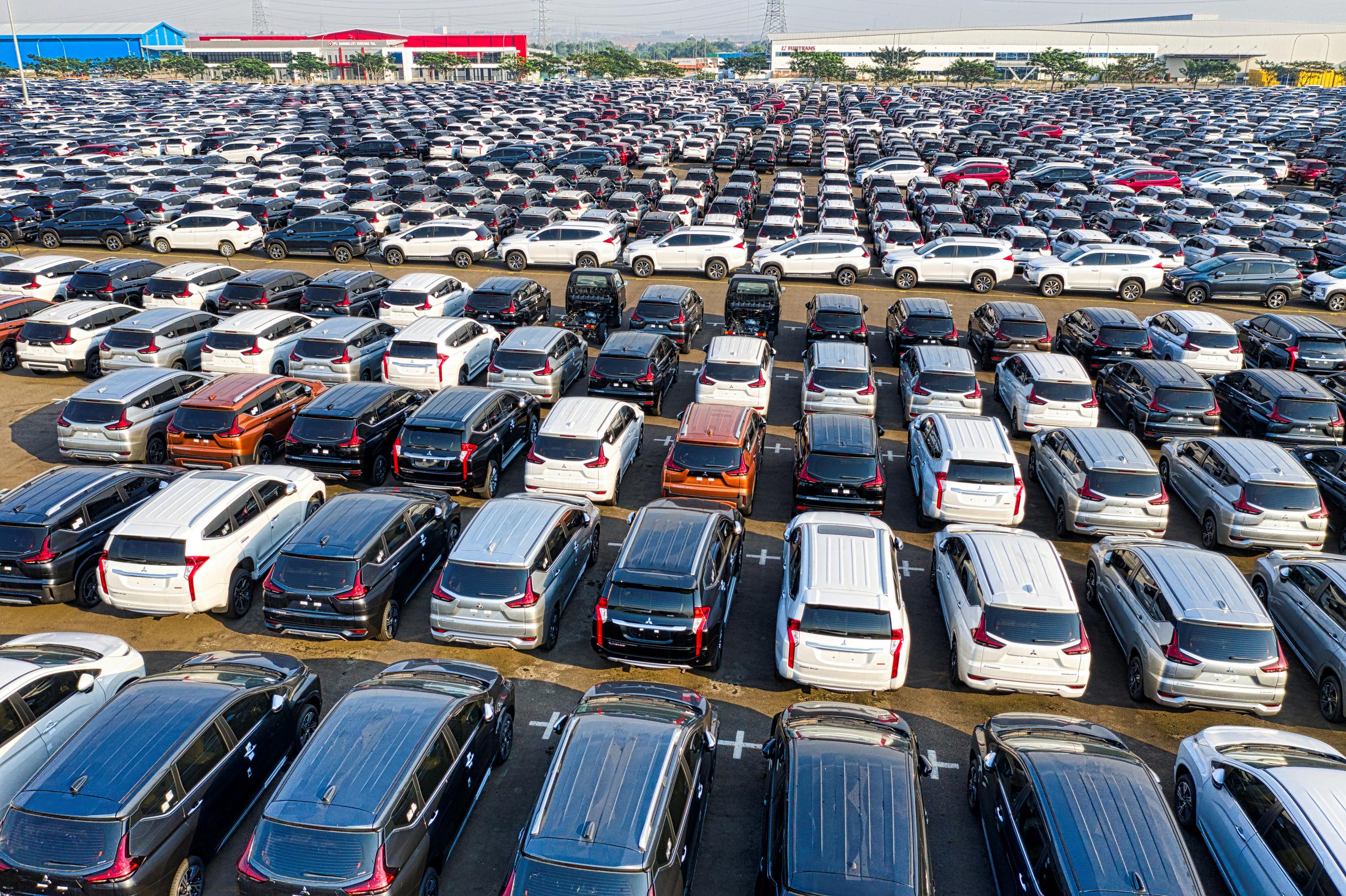

CEO EVnow - Indus Edutrain Pvt. Ltd.

EMERGING BUSINESS LEADERBUSINESS POSITIONING
Shivendra Anurag Chandrasekhar P
VP Operations Quantum Energy Ltd.

EMERGING BUSINESS LEADER IN PRODUCT DEVELOPMENT
Divyansh Joshi
CEO & CO Founder BMR EV INDUSTRIES PVT LTD
Chief Operating Officer, G Power Energy Storage and Technology

Founder & CEO Gravton Motors
The electric vehicle (EV) market in India is undergoing a transformation, driven by significant advancements in battery technology. These innovations are not only enhancing the performance and range of EVs but also addressing critical challenges such as cost, charging time, and sustainability One of the key breakthroughs is the development of solid-state batteries, which offer higher energy density compared to traditional lithium-ion batteries. This means that vehicles can travel longer distances on a single charge, making EVs more practical for the average consumer In addition to solid-state technology, lithium-sulfur batteries are gaining traction due to their potential for higher energy capacity and lower environmental impact Unlike conventional batteries, lithiumsulfur batteries use sulfur as a key component, which is more abundant and less toxic This innovation could significantly reduce the reliance on scarce materials like cobalt, making EVs more sustainable
Another notable development is the improvement in fast-charging technologies Researchers are focusing on creating batteries that can charge to 80% capacity in just a few minutes, which would greatly reduce the downtime associated with EVs This advancement is crucial for the Indian market, where infrastructure development is still catching up with the growing demand for EVs.
Battery recycling and second-life applications are also emerging as critical areas of innovation With the increasing number of EVs on the road, managing battery waste is becoming a significant concern
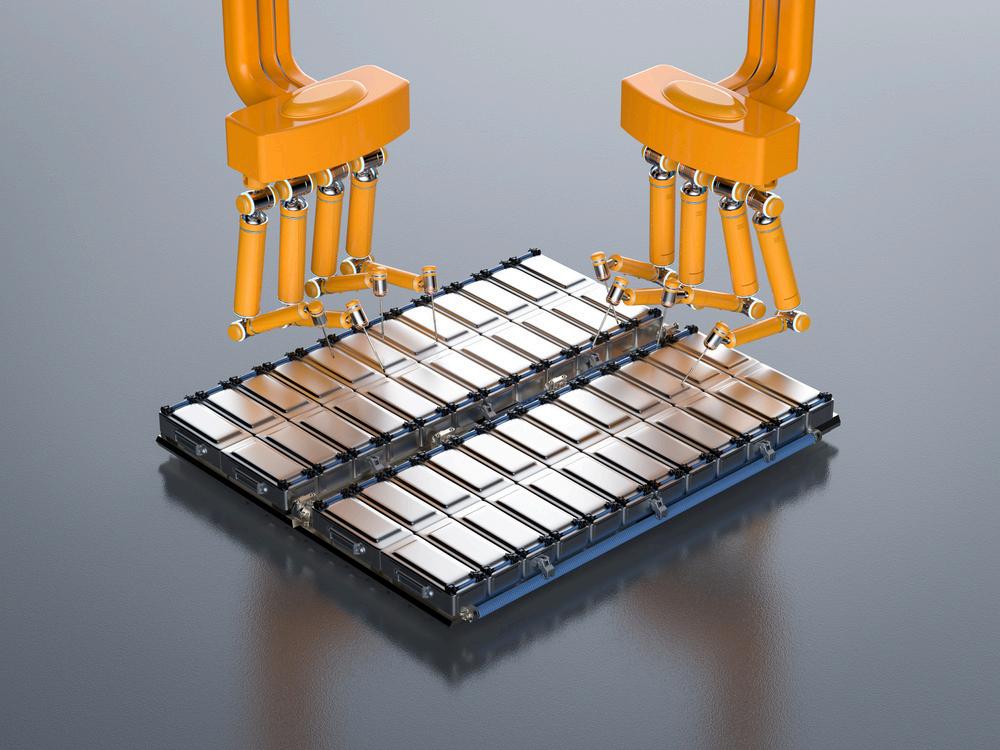
Innovations in recycling processes are helping to recover valuable materials from used batteries, while second-life applications allow for the repurposing of EV batteries for energy storage systems, further extending their utility
These technological advancements are not happening in isolation The Indian government, along with private sector stakeholders, is actively supporting research and development in battery technology through various initiatives and incentives This collaborative effort is crucial for ensuring that these innovations reach the market and contribute to the broader adoption of electric vehicles in India.
As the EV market continues to grow, these battery technology breakthroughs will play a pivotal role in shaping the future of transportation in India They are not only making EVs more accessible and affordable but also aligning with the country's sustainability goals With continued innovation and support, the Indian EV market is poised to become a global leader in electric mobility


ORGANIZED BY


Leadership guides Gujarat toward a brighter tomorrow By honoring visionary leaders, we celebrate the progress of our great state
PRODUCT & INNOVATION EXCELLENCE AWARDS
COMPANY EXCELLENCE AWARDS
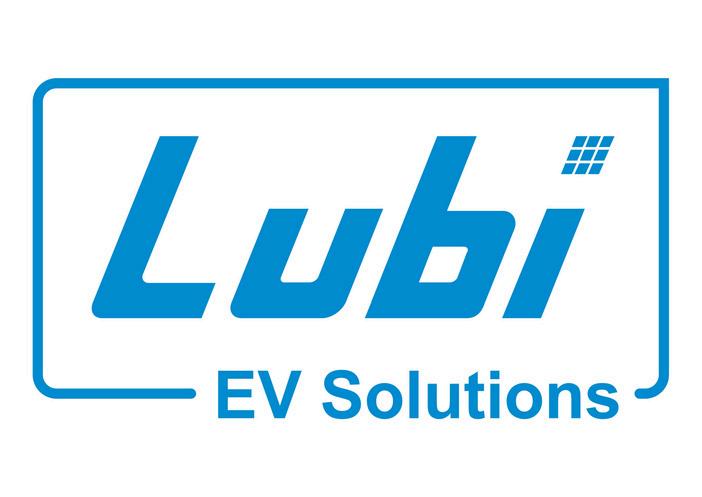


Company of the Year: One Stop EV Charging Solution Provider
Lubi EV Solutions
Company of the Year: EV OEM (2W Loader)
Cal-on Industries Ltd
Company of the Year: Excellence in CPO Infrastructure Development
VerdeMobility India Pvt Ltd

Company of the Year: Fleet Electrification in the State
Chartered Speed Limited

Company of the Year: EV Charging Solution Provider (Commercial)
Kazam EV Tech Pvt. Ltd.
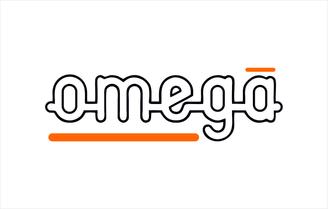
Company of the Year: EV Charging Solution Provider (Residential)
OMEGA POWER SYSTEM
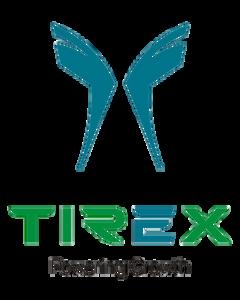
Innovative Charging Solutions (Charging Station)
The 120-240kW DC Charger Series by Tirex Chargers

Innovative Charging Management Solution
Kazam EV Tech Pvt. Ltd.
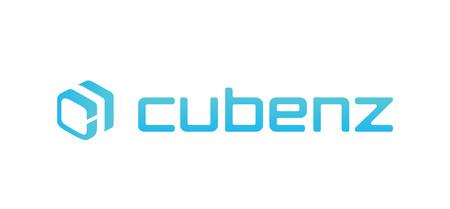
User Friendly DC Fast Charger Interface
Cubenz Power Pvt Ltd


New Product Launch of the Year
240kW DCFC by VerdeMobility India Pvt Ltd
Most Innovative DC Fast Charger Product Line
Cubenz Power Pvt Ltd
TEAM/INDIVIDUAL LEADERSHIP AWARDS


Team of the Year - Research & Development in the State
Team Tirex Chargers
EMobility Rising Star of the State
SANYAM GANDHI
Director
Chartered Speed Limited




SOURCE: VAHAN DASHBOARD
TOP EV TWO WHEELER SALES IN INDIA, JUNE 2024 TOP EV THREE WHEELER SALES IN
SOURCE: VAHAN DASHBOARD

VAHAN DASHBOARD






E-Mobility+ publications, distributed pan-India, sets a new standard in EMobiliy+ energy media. With over 200+ and a growing list of advertisers, we work with who's who in the industry across our platforms from print magazines to social media platforms put their brands first and ensure the best delivery of the marketing needs.

Ensures best delivery of the marketing needs
Customizable Product Layout
Highest Circulation & Readership Well Researched Editorial Content
Most read by Key Decision Makers



